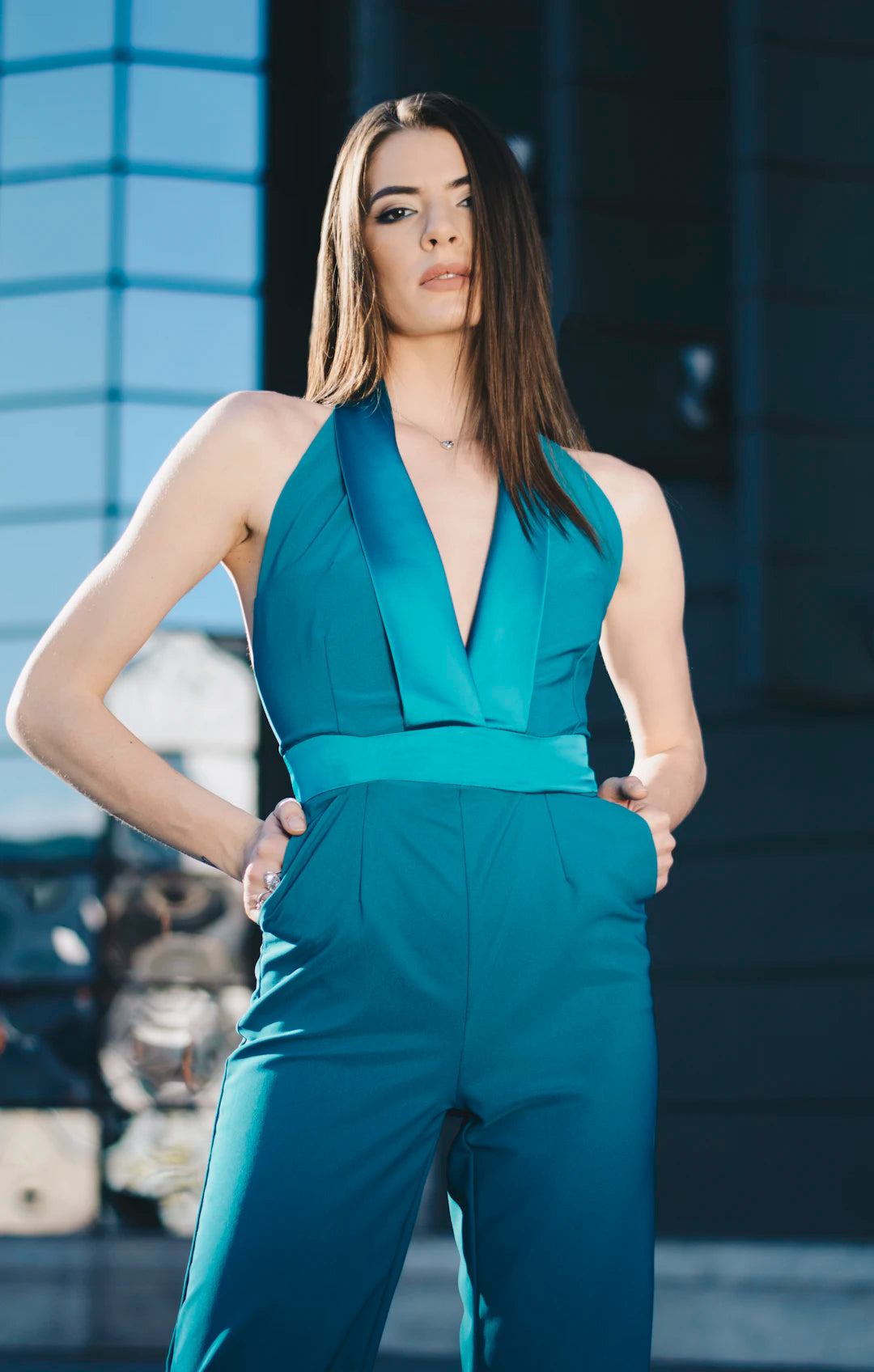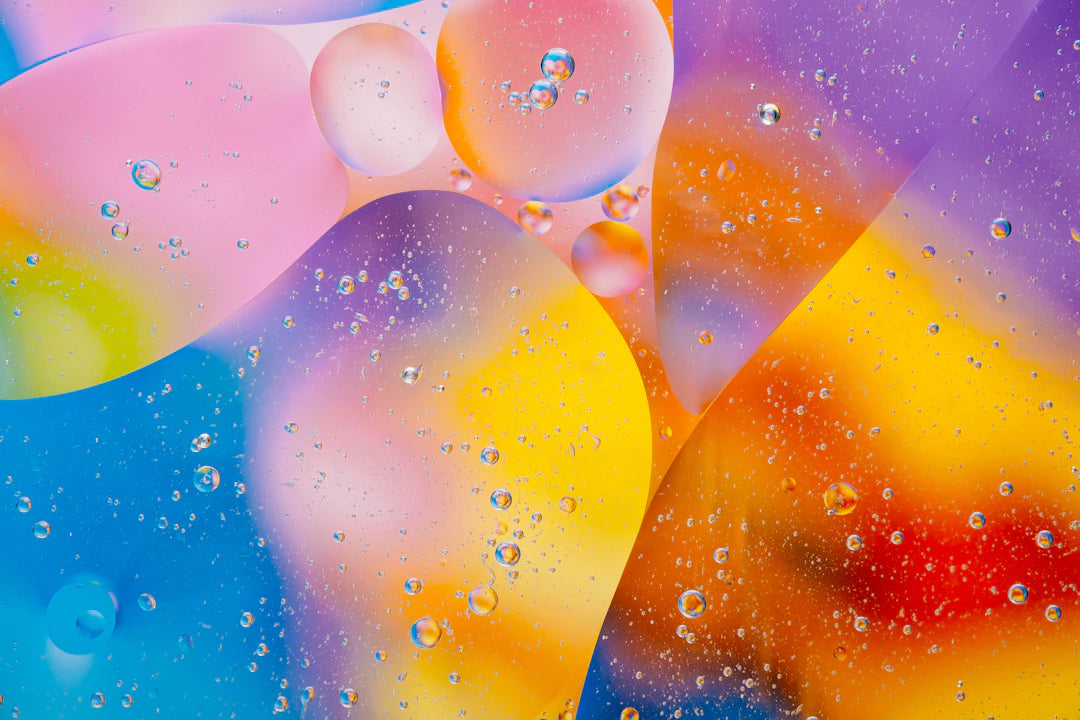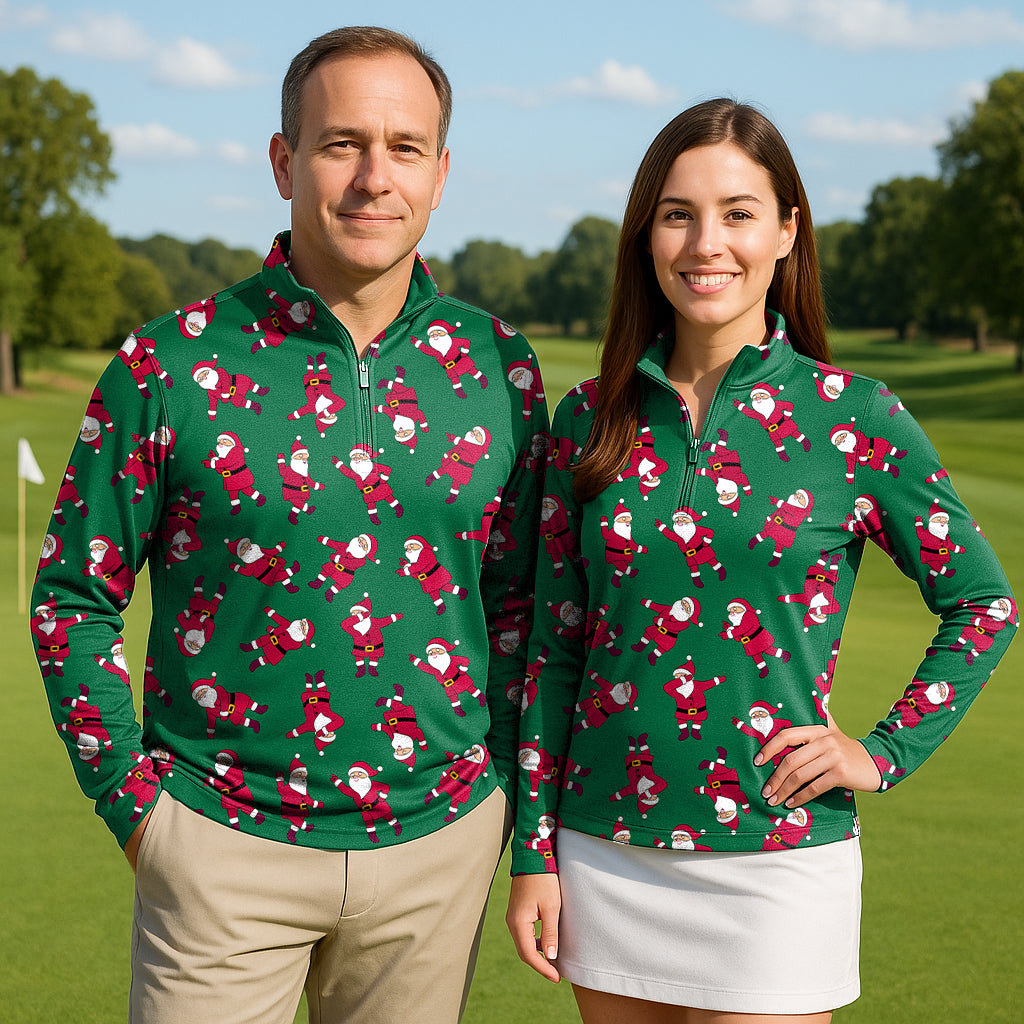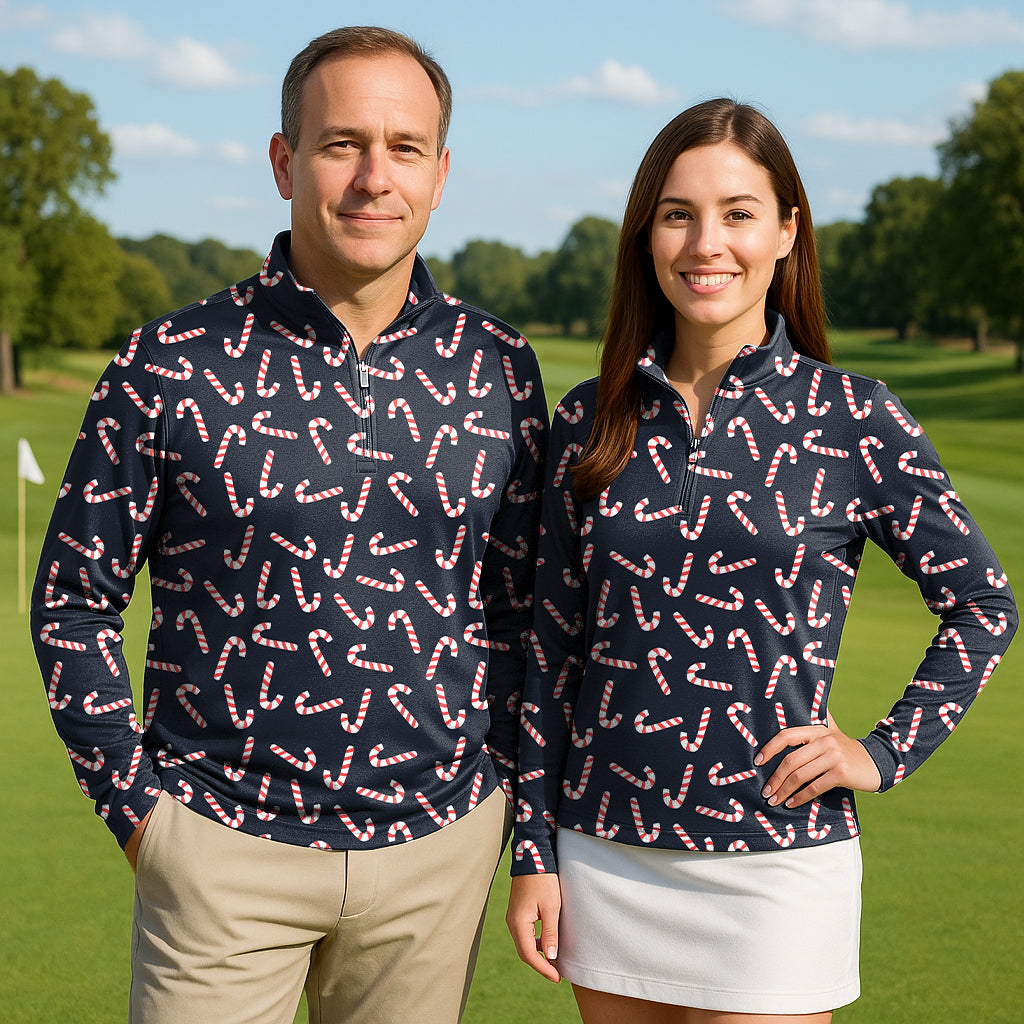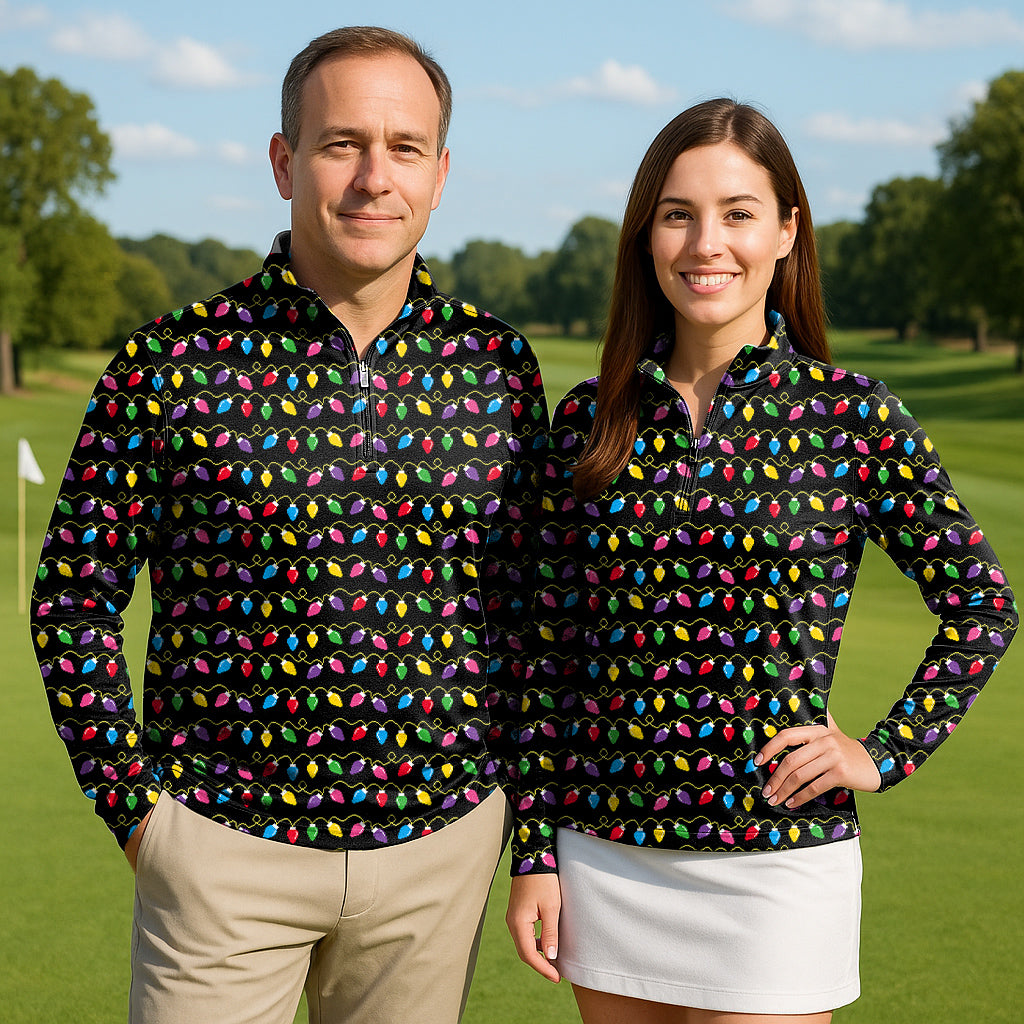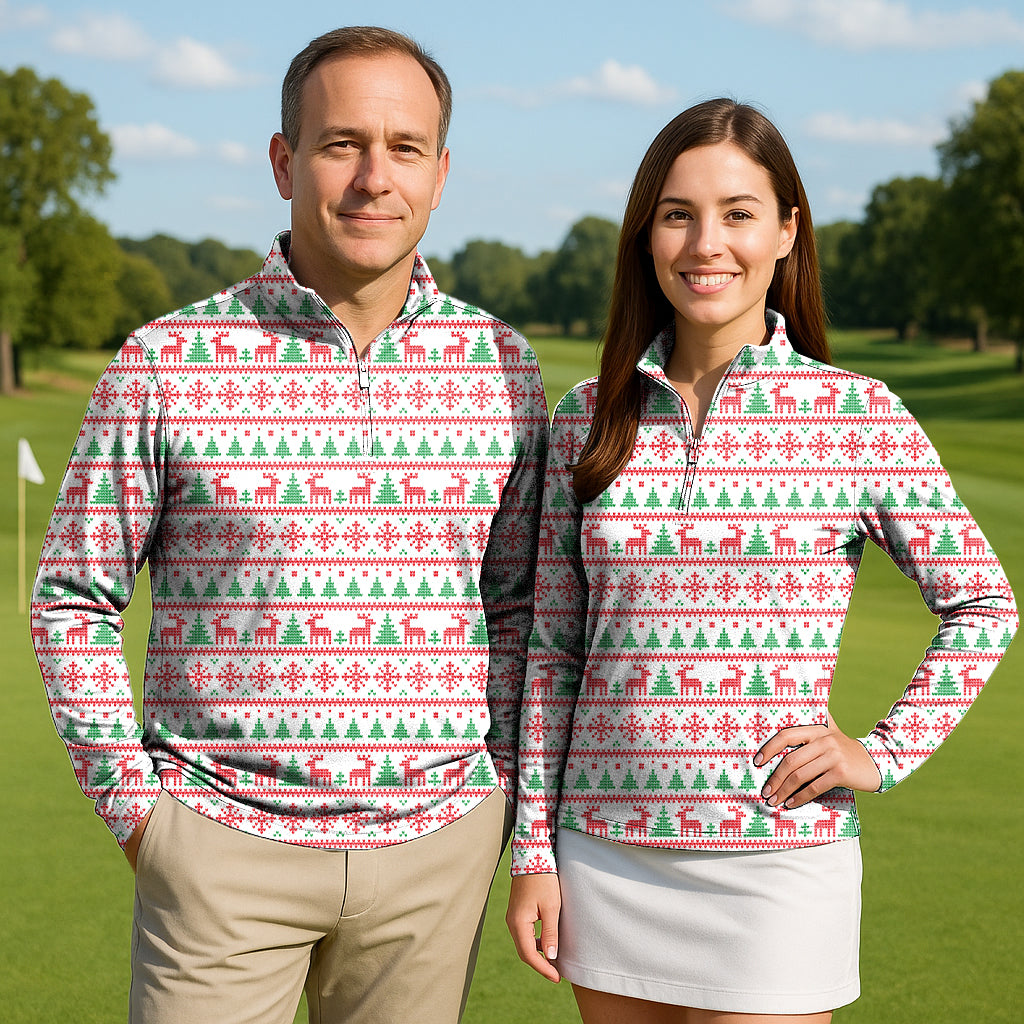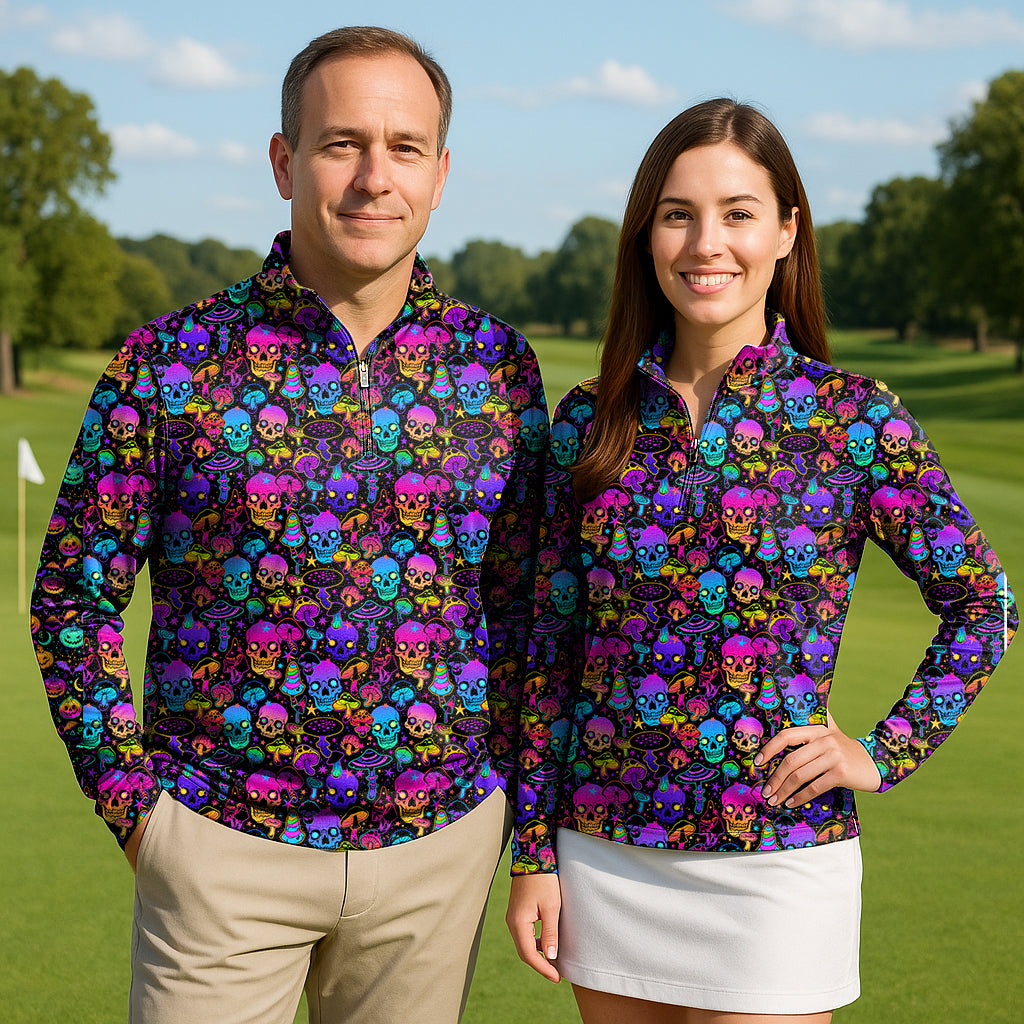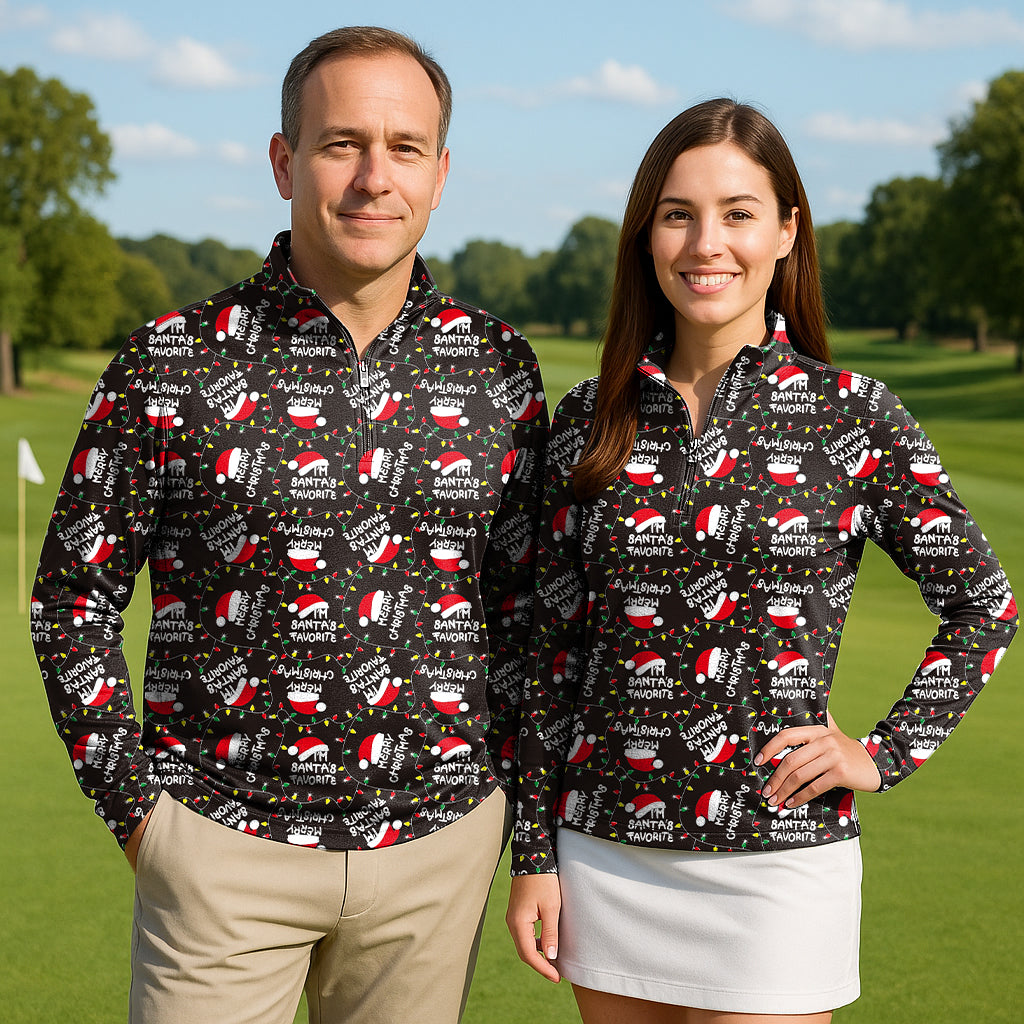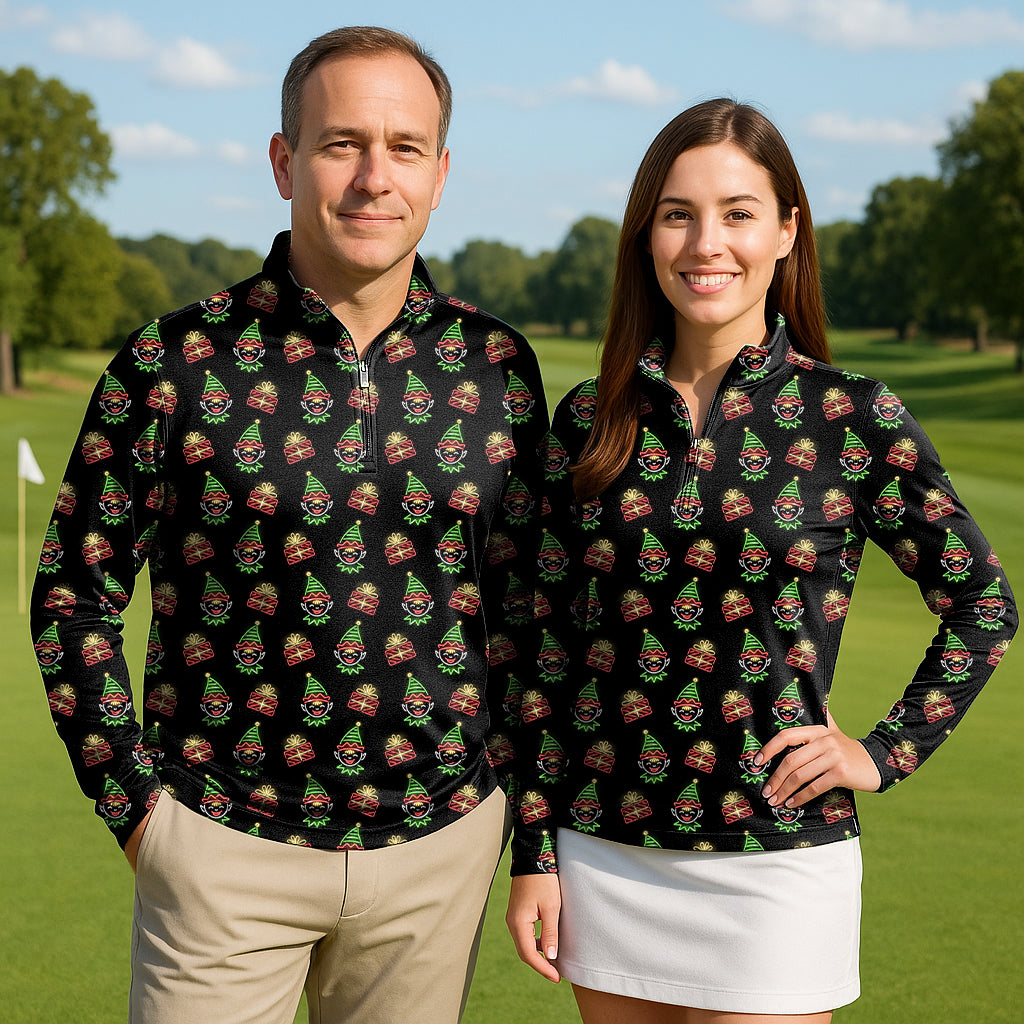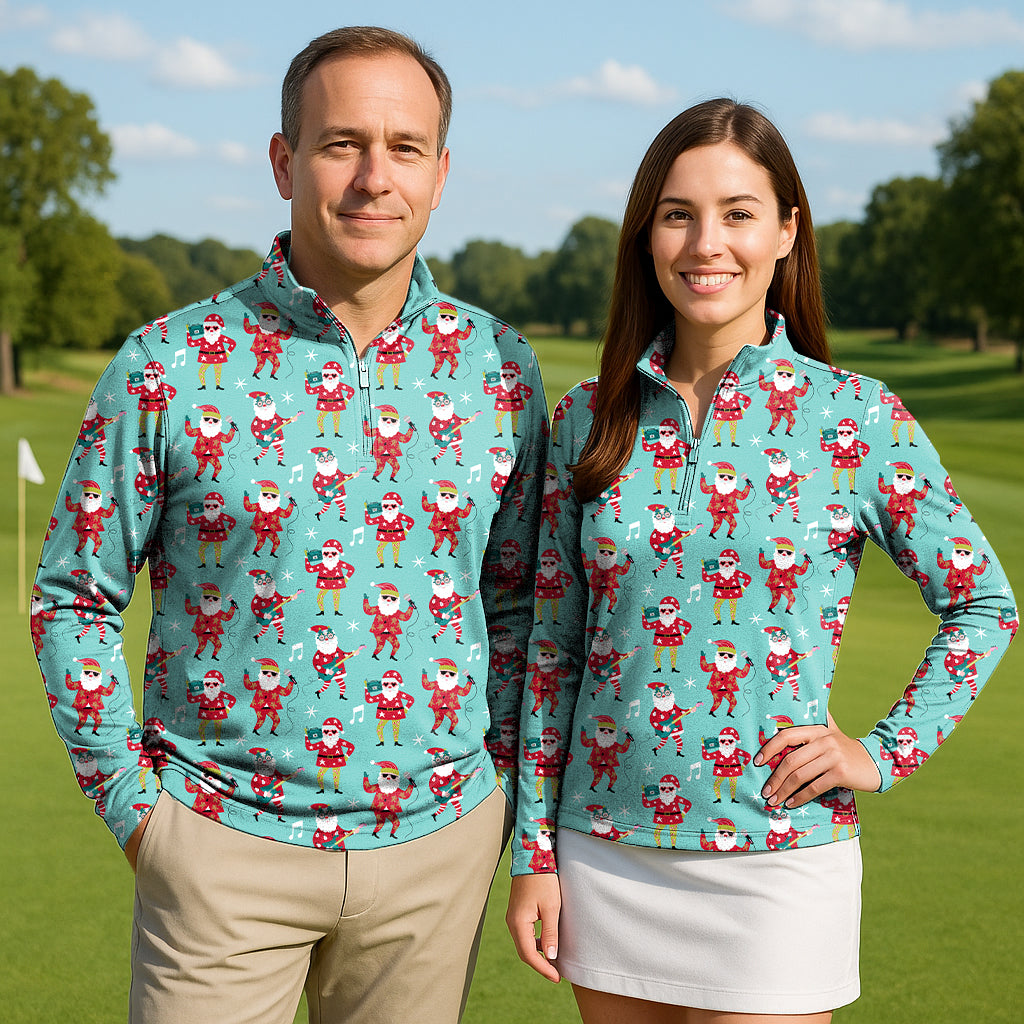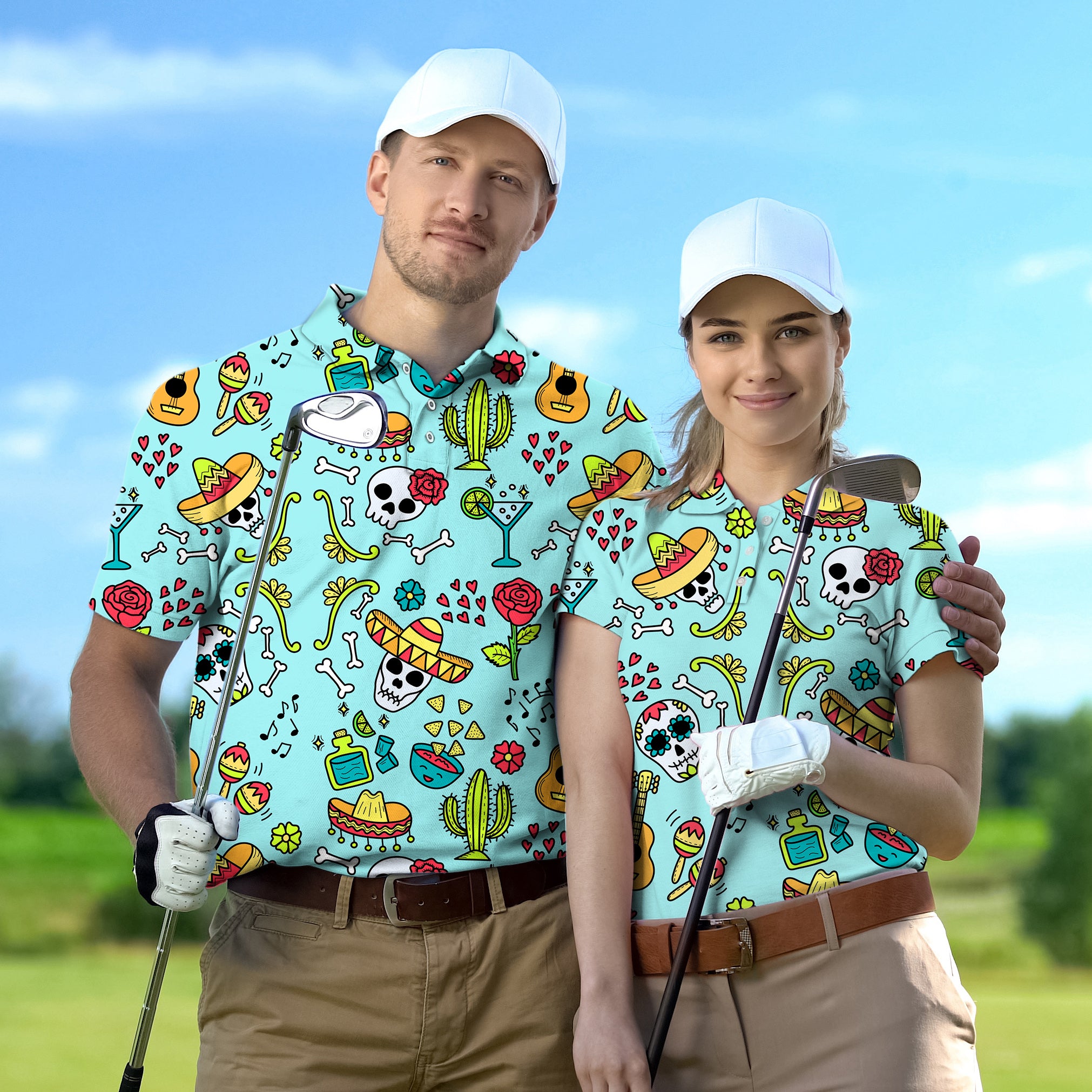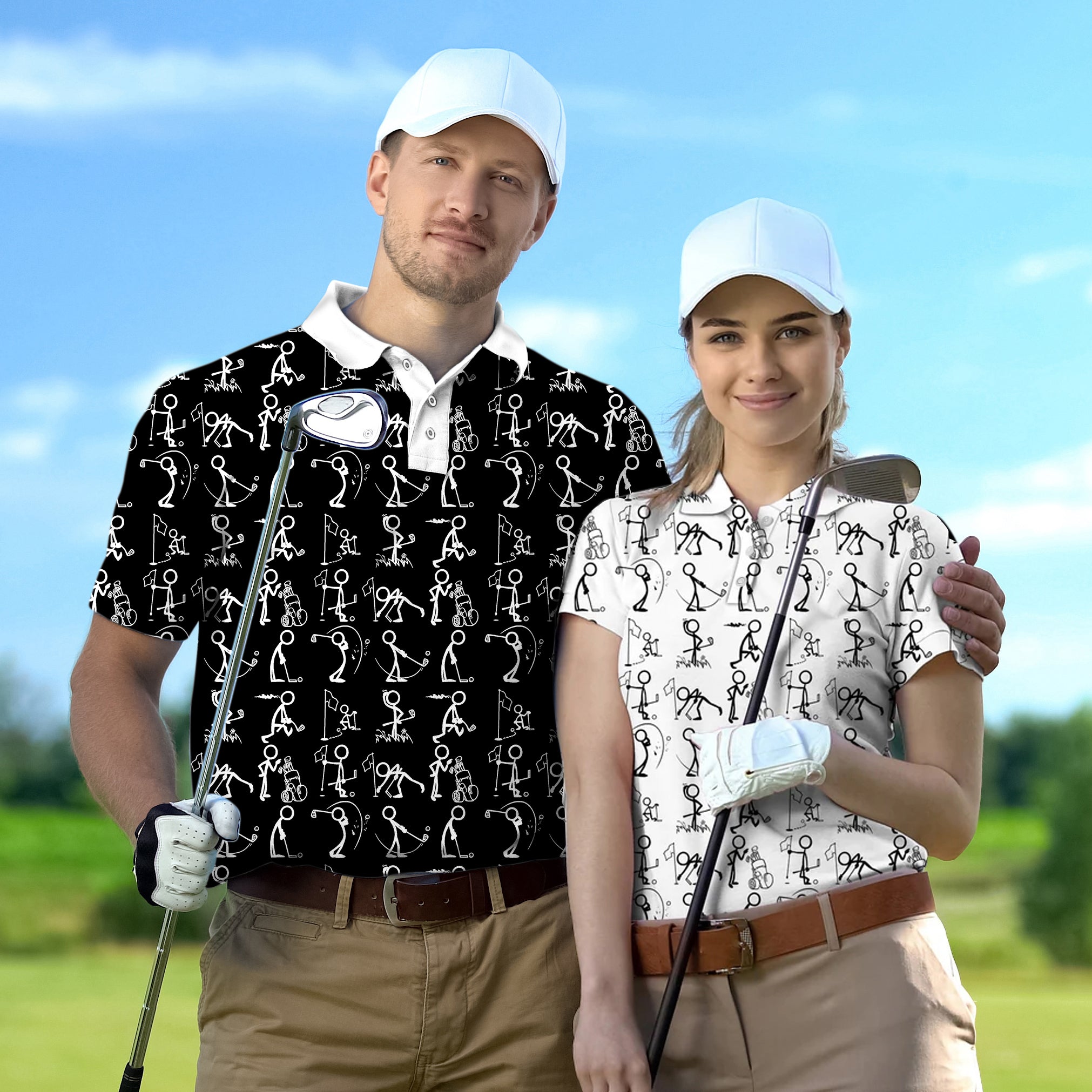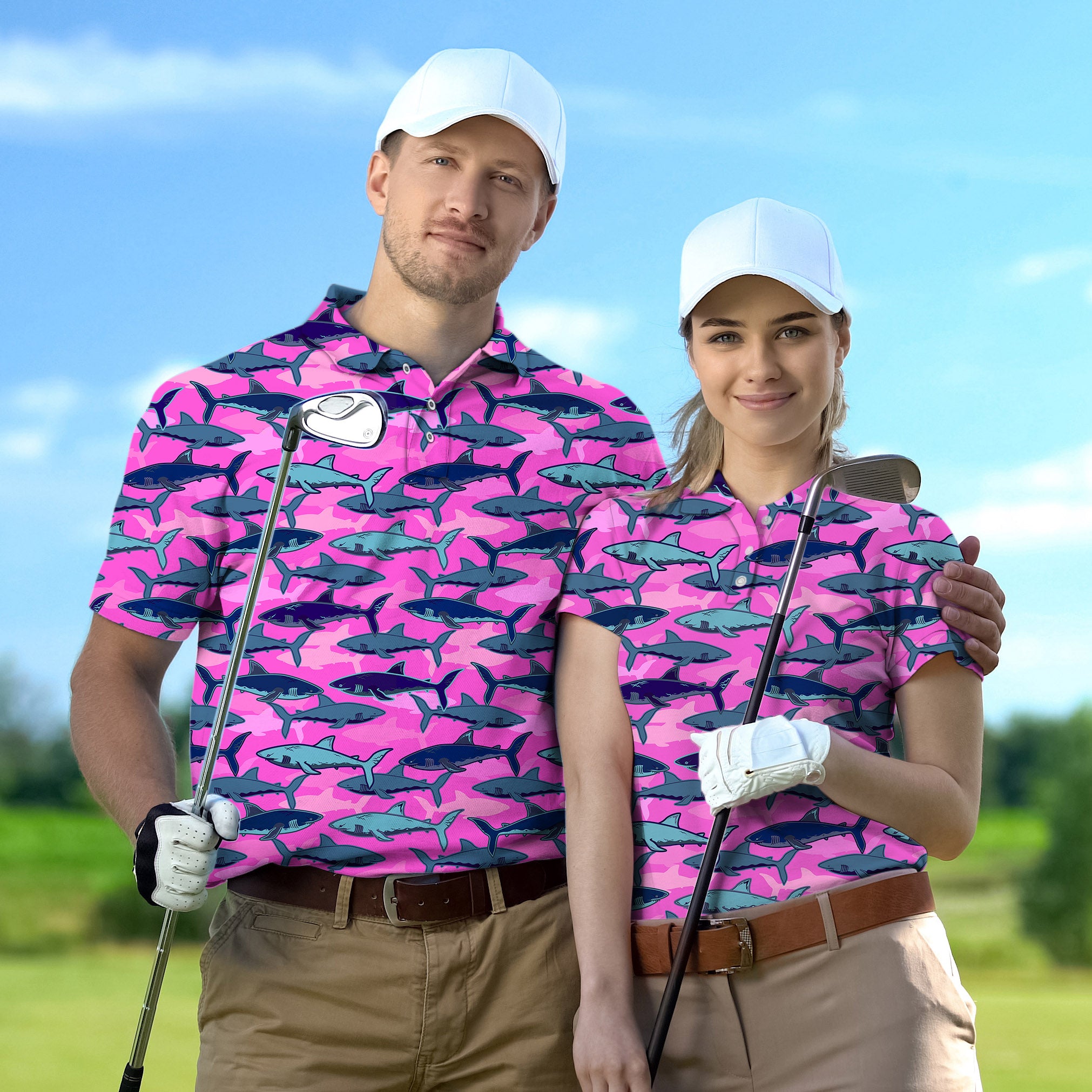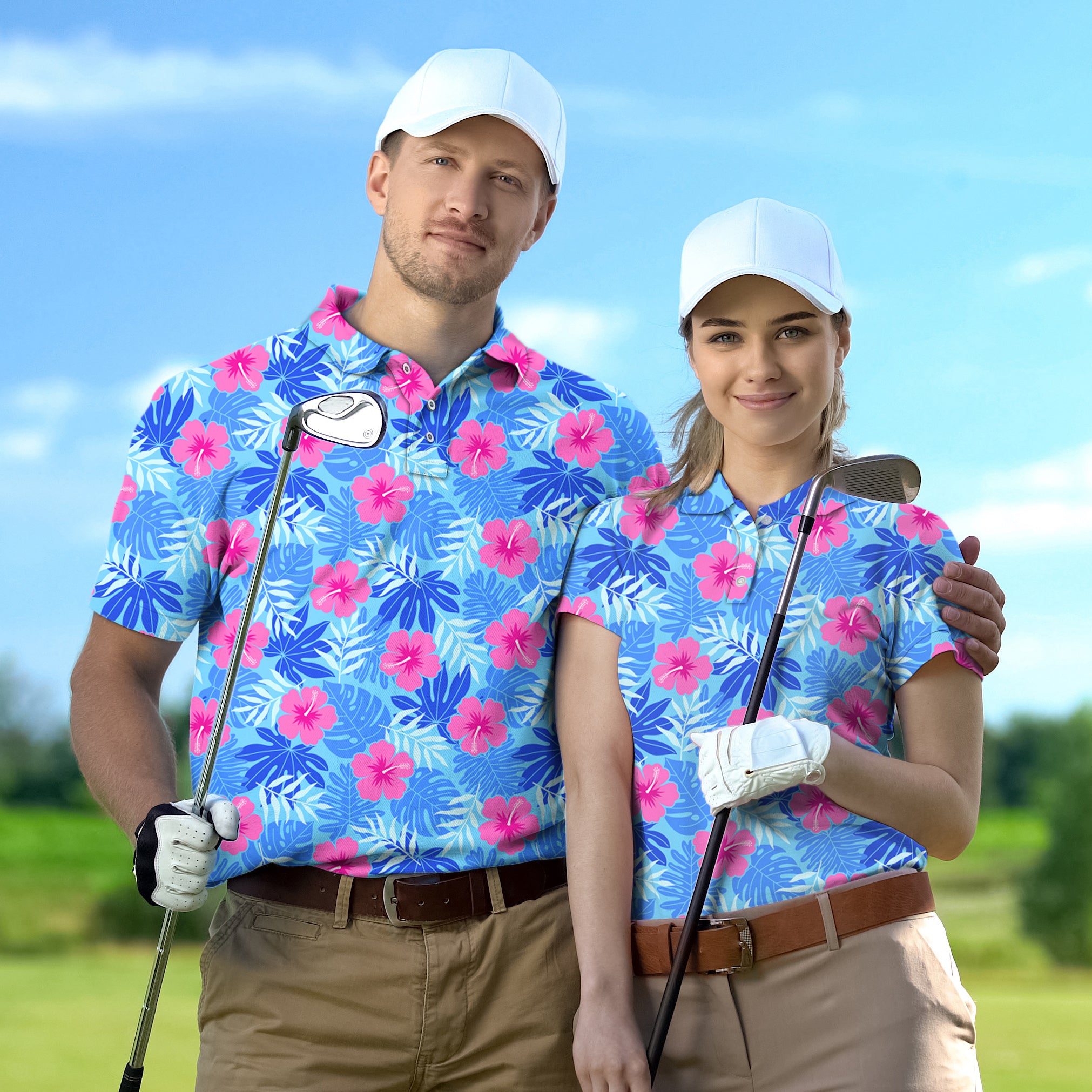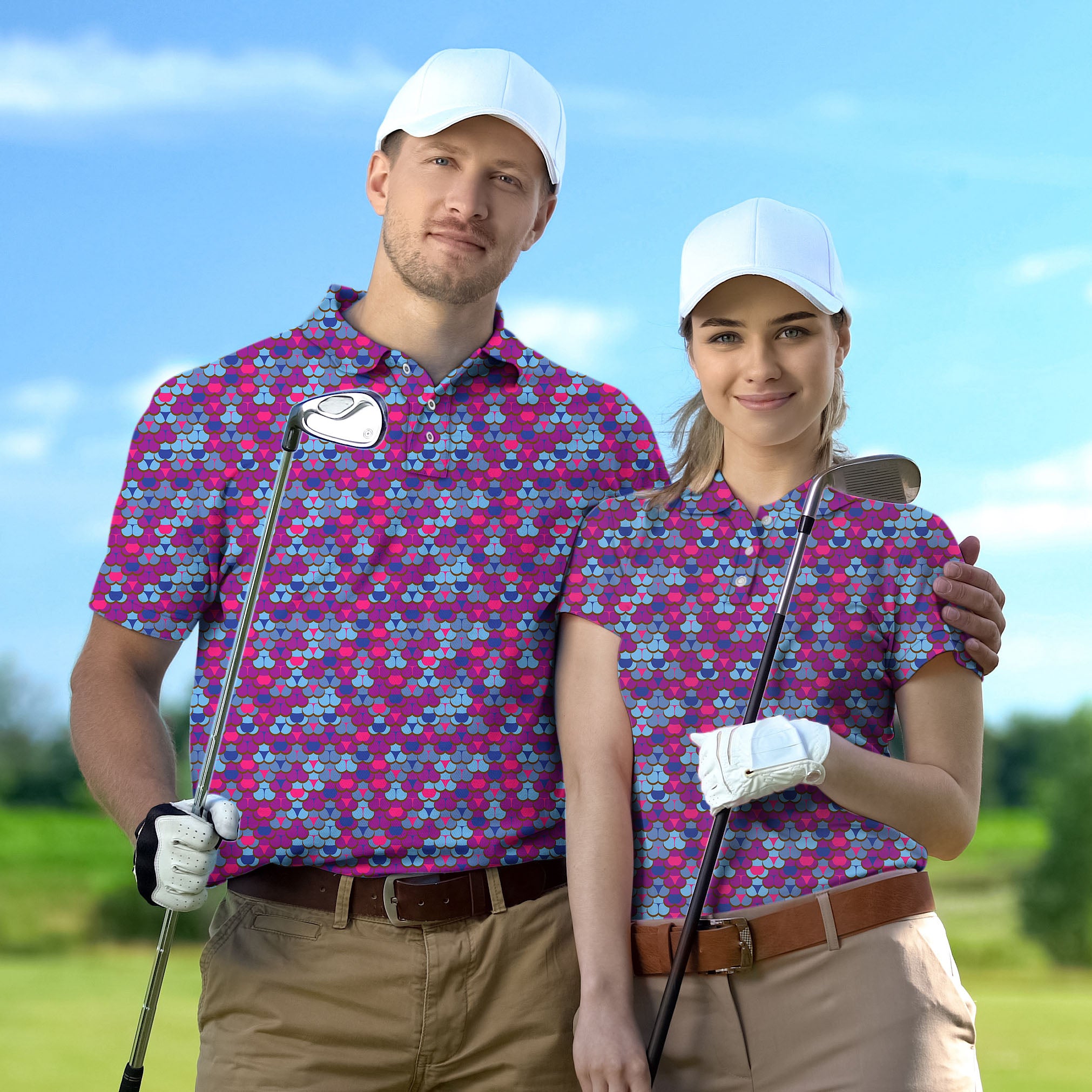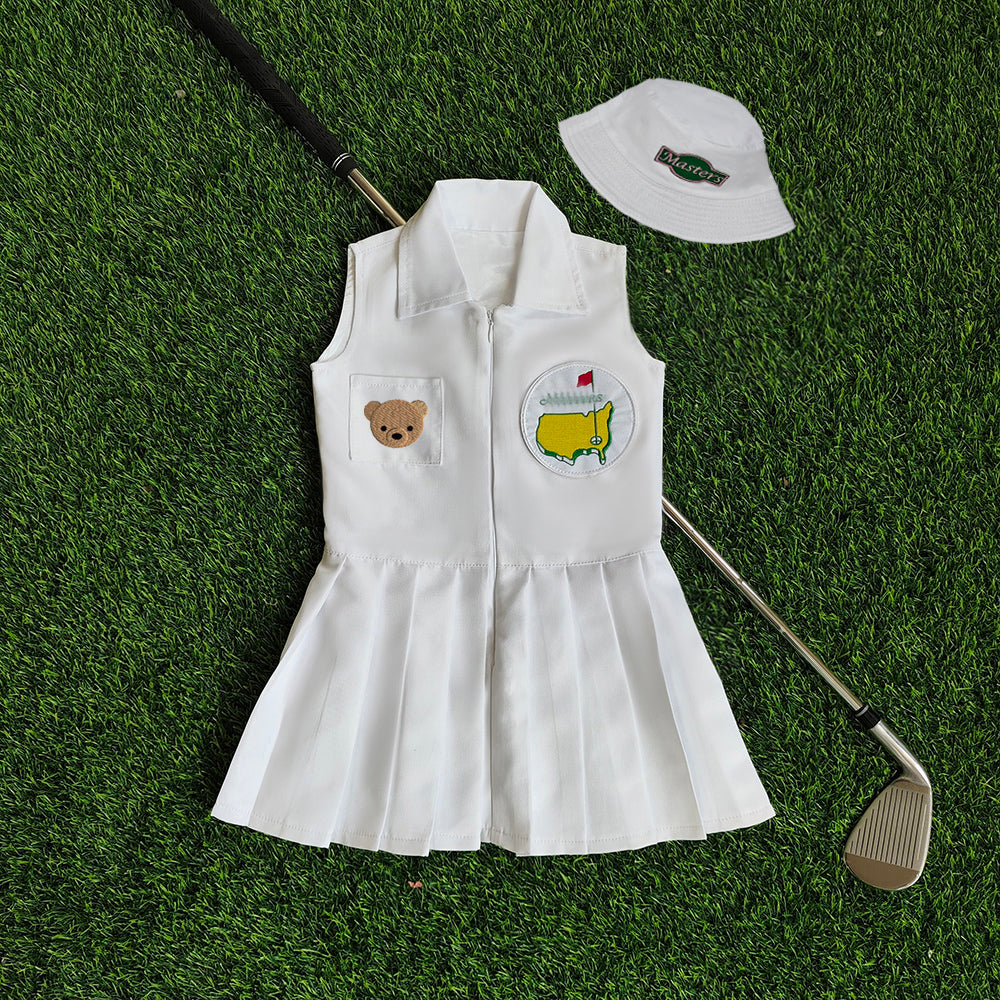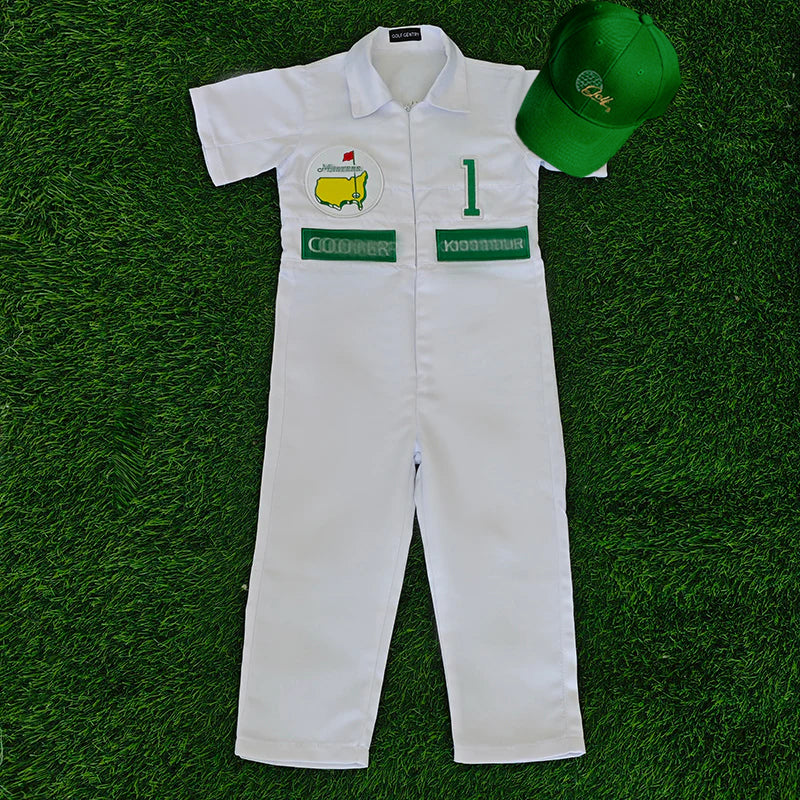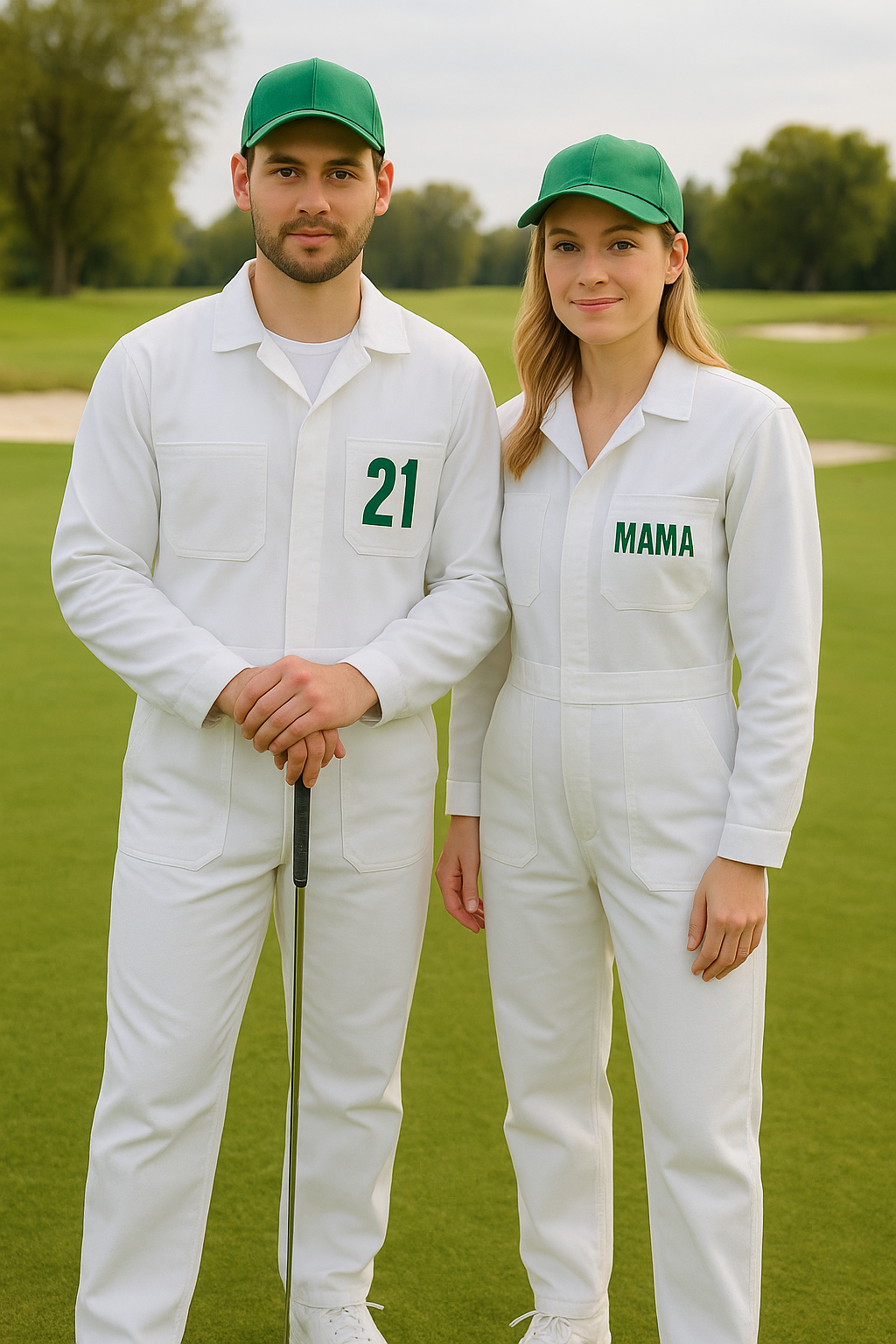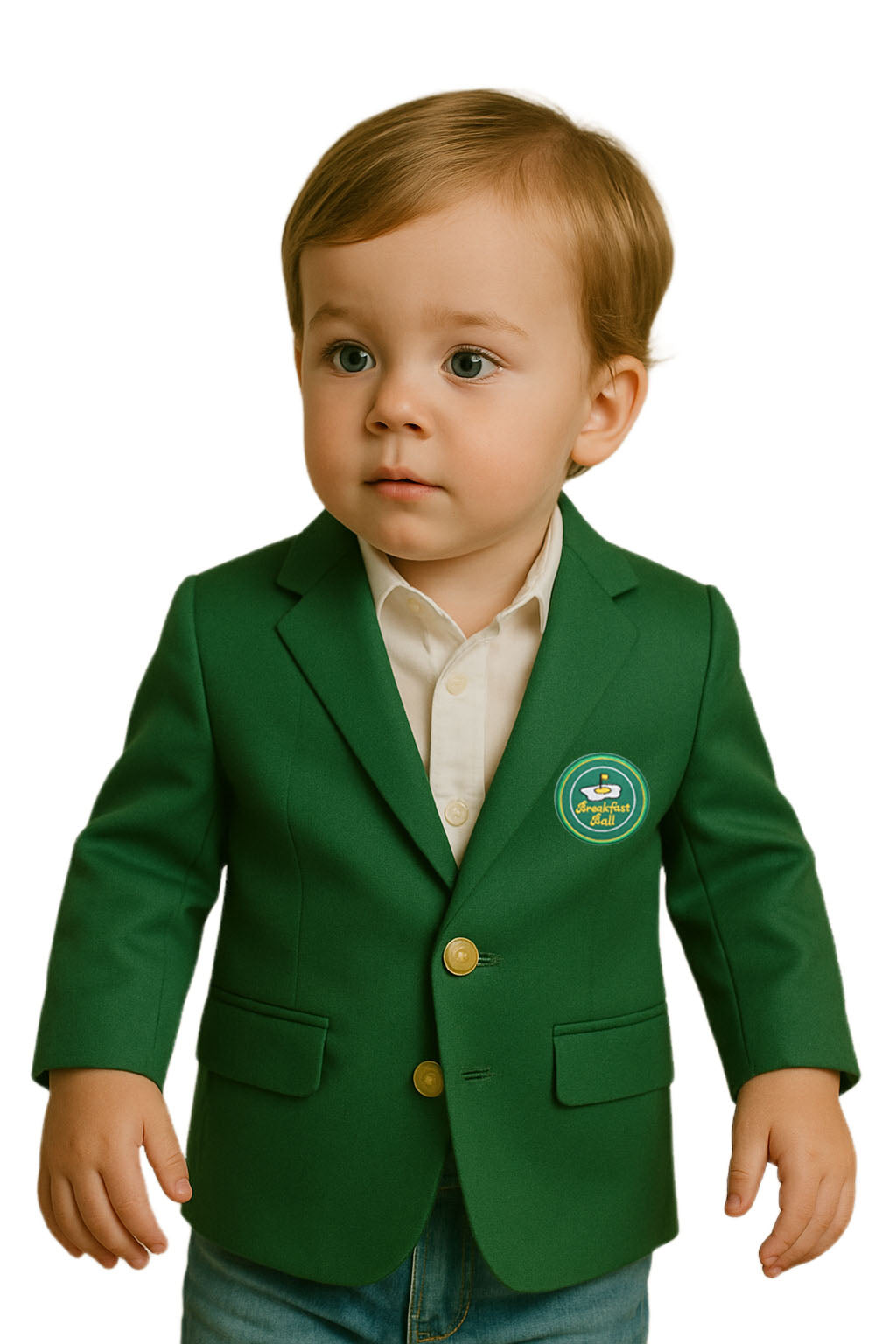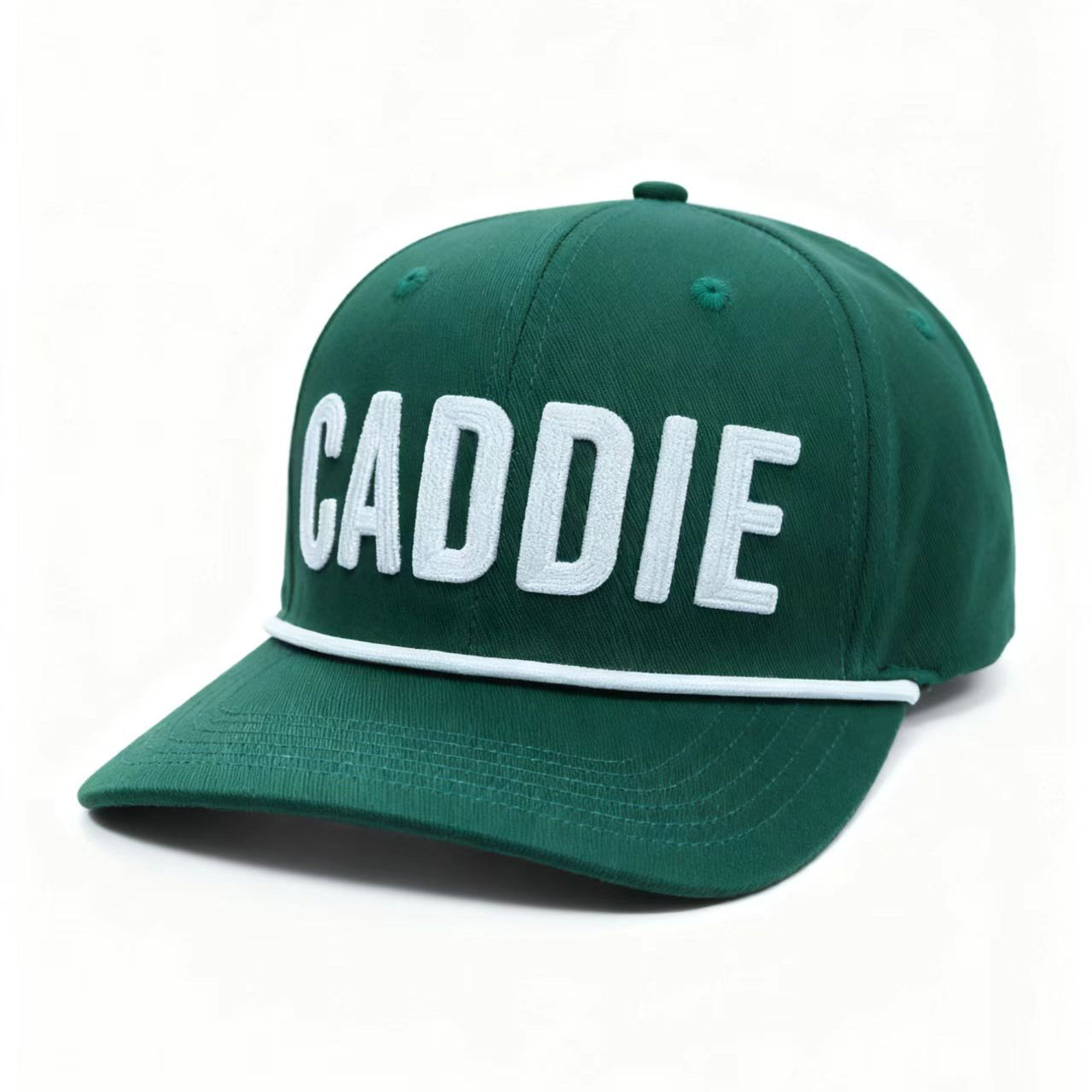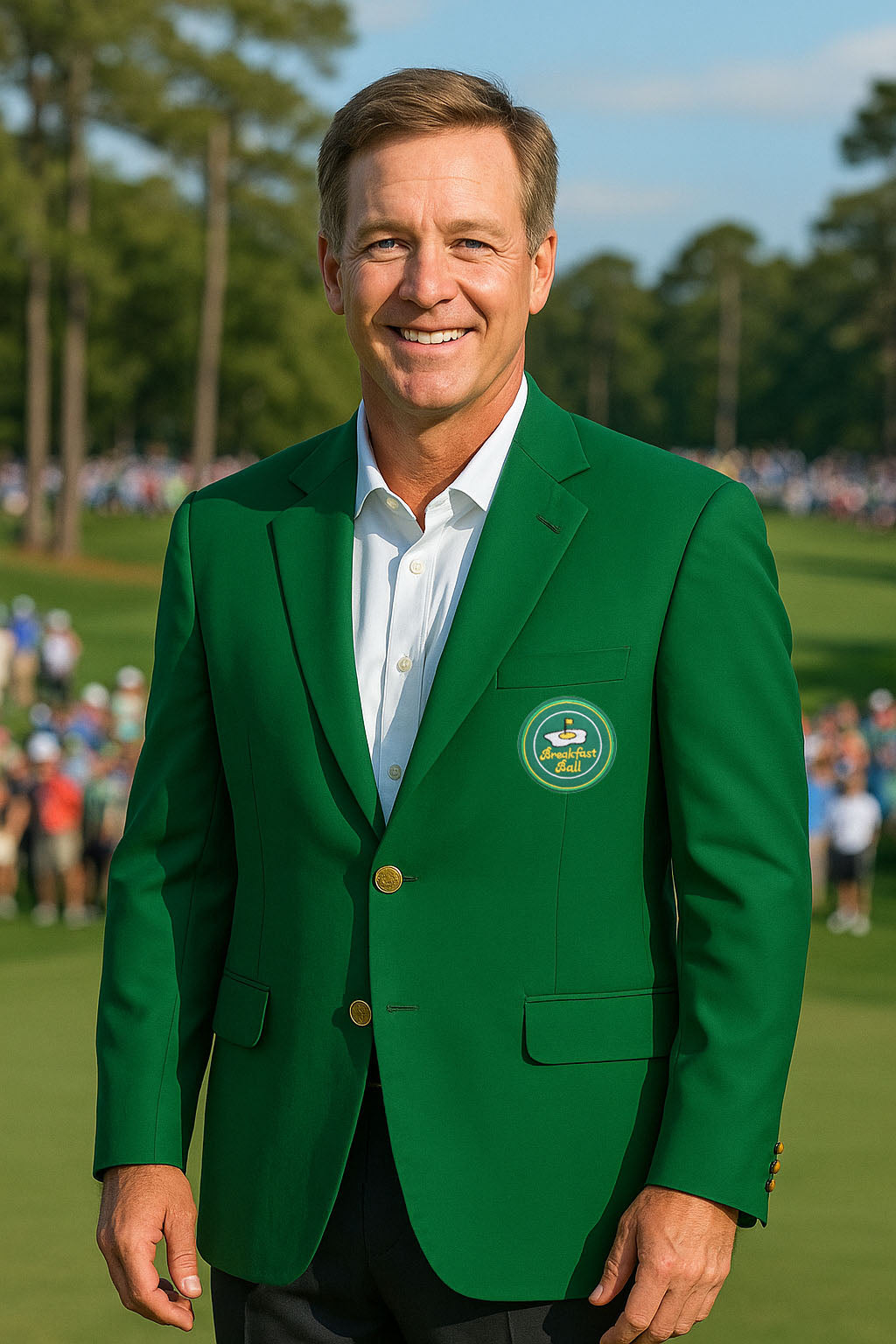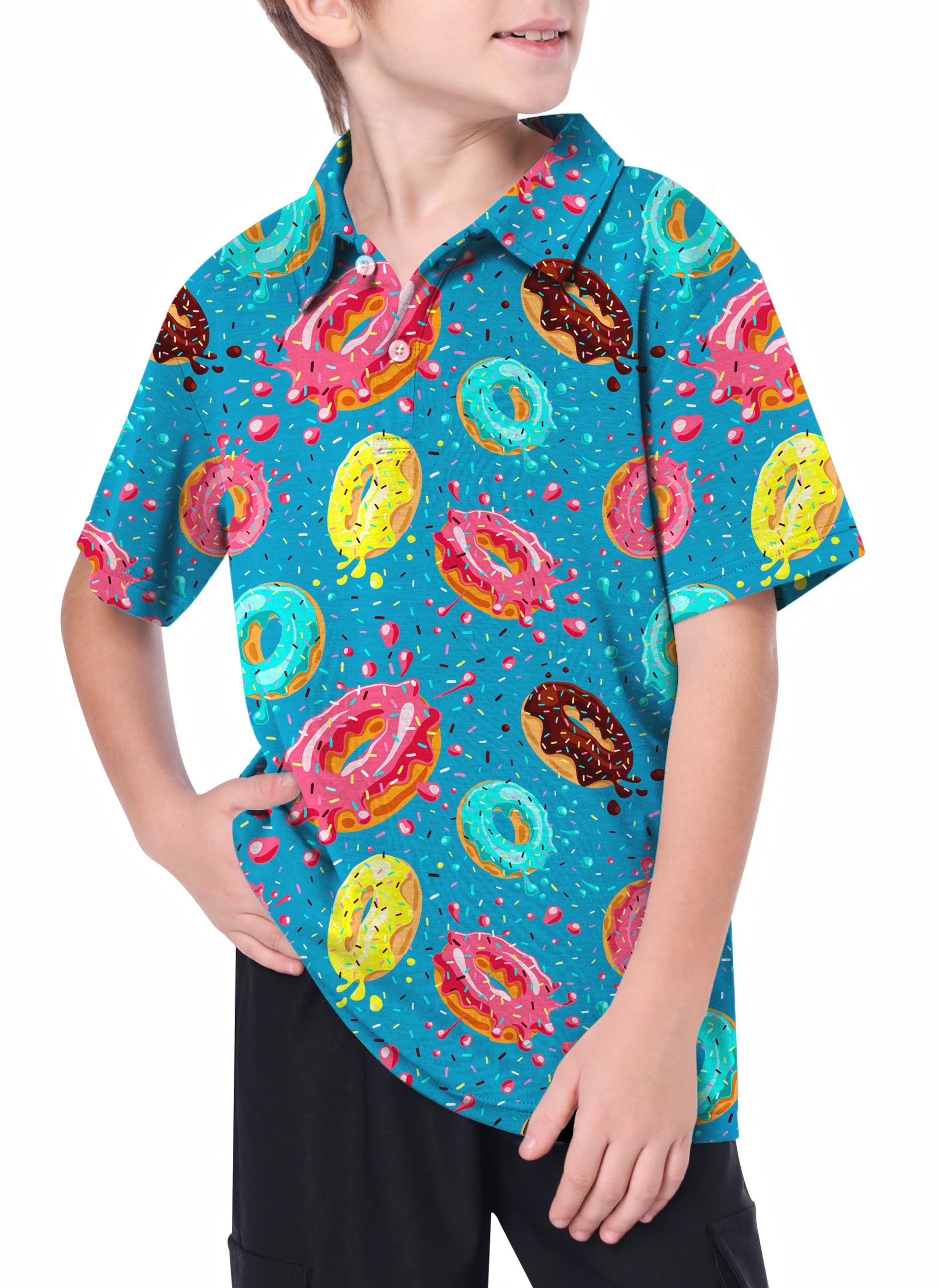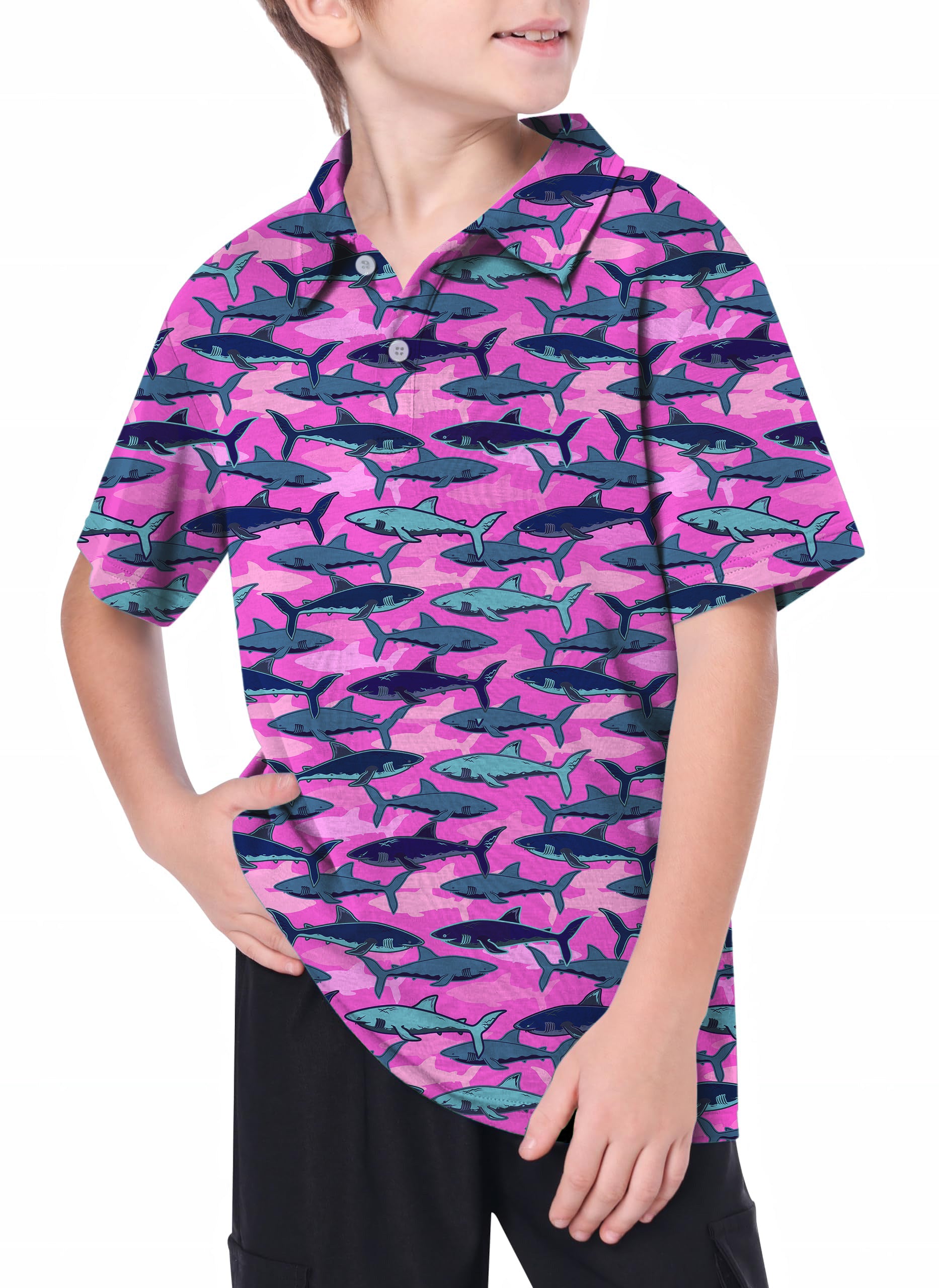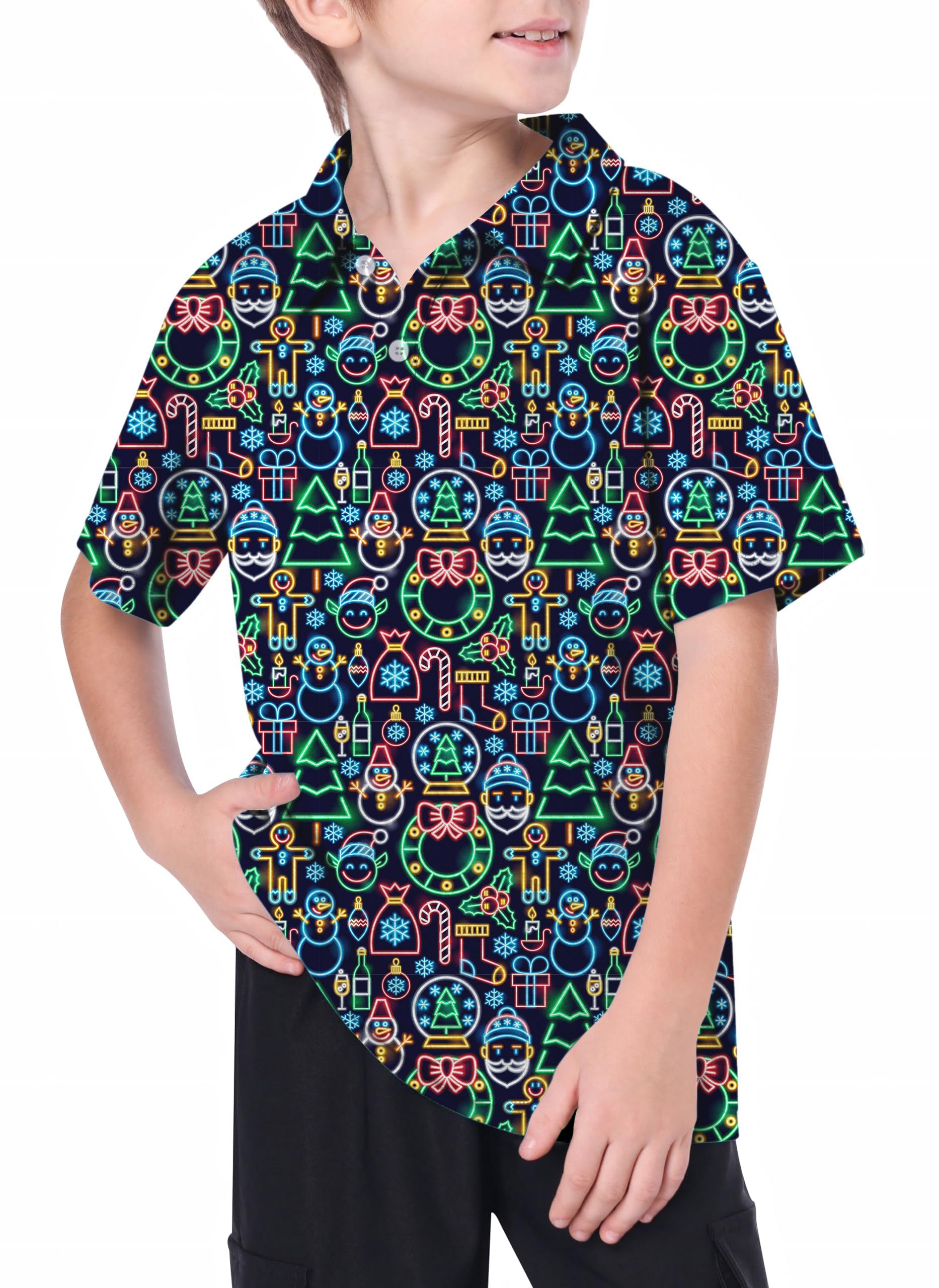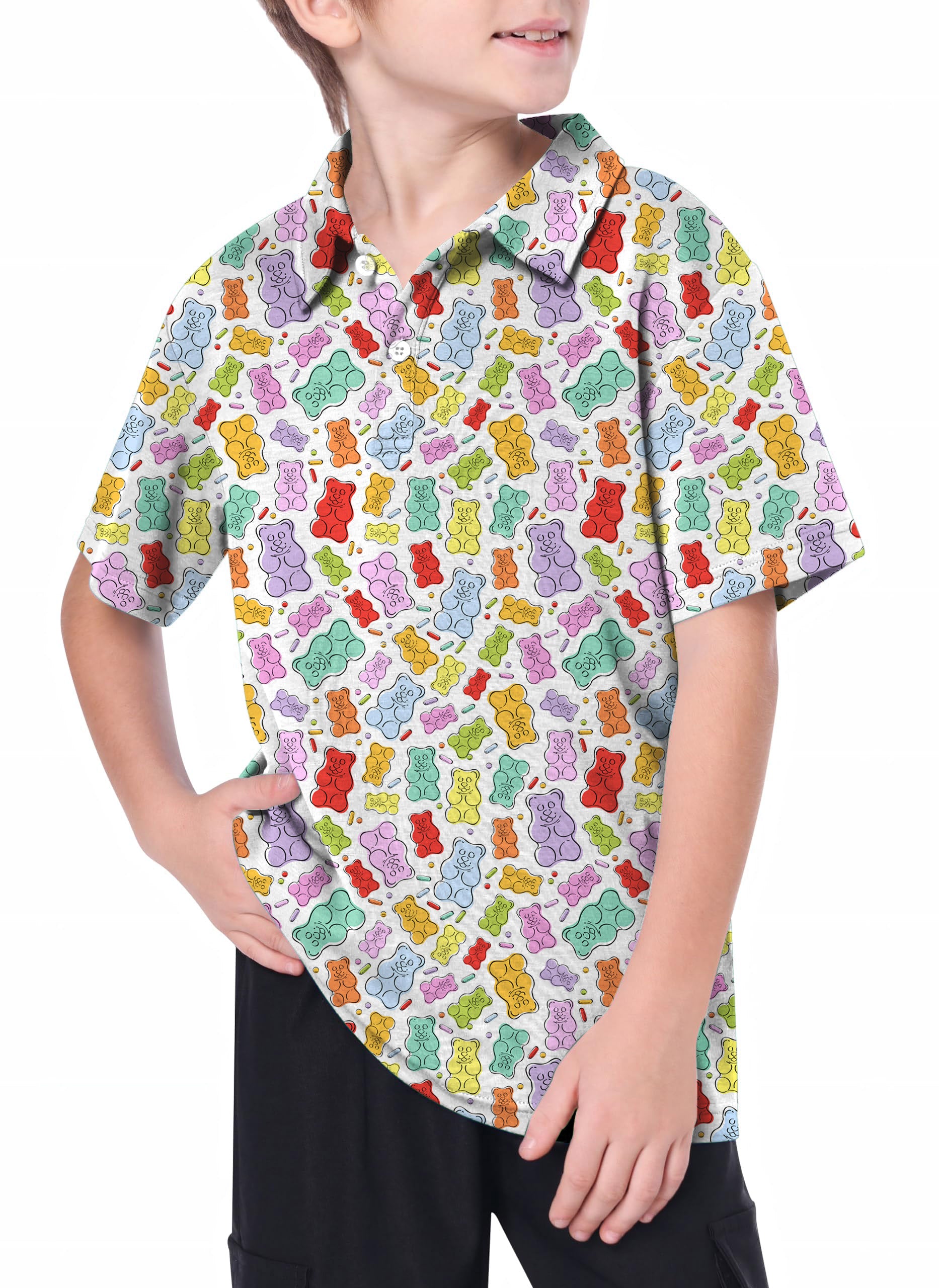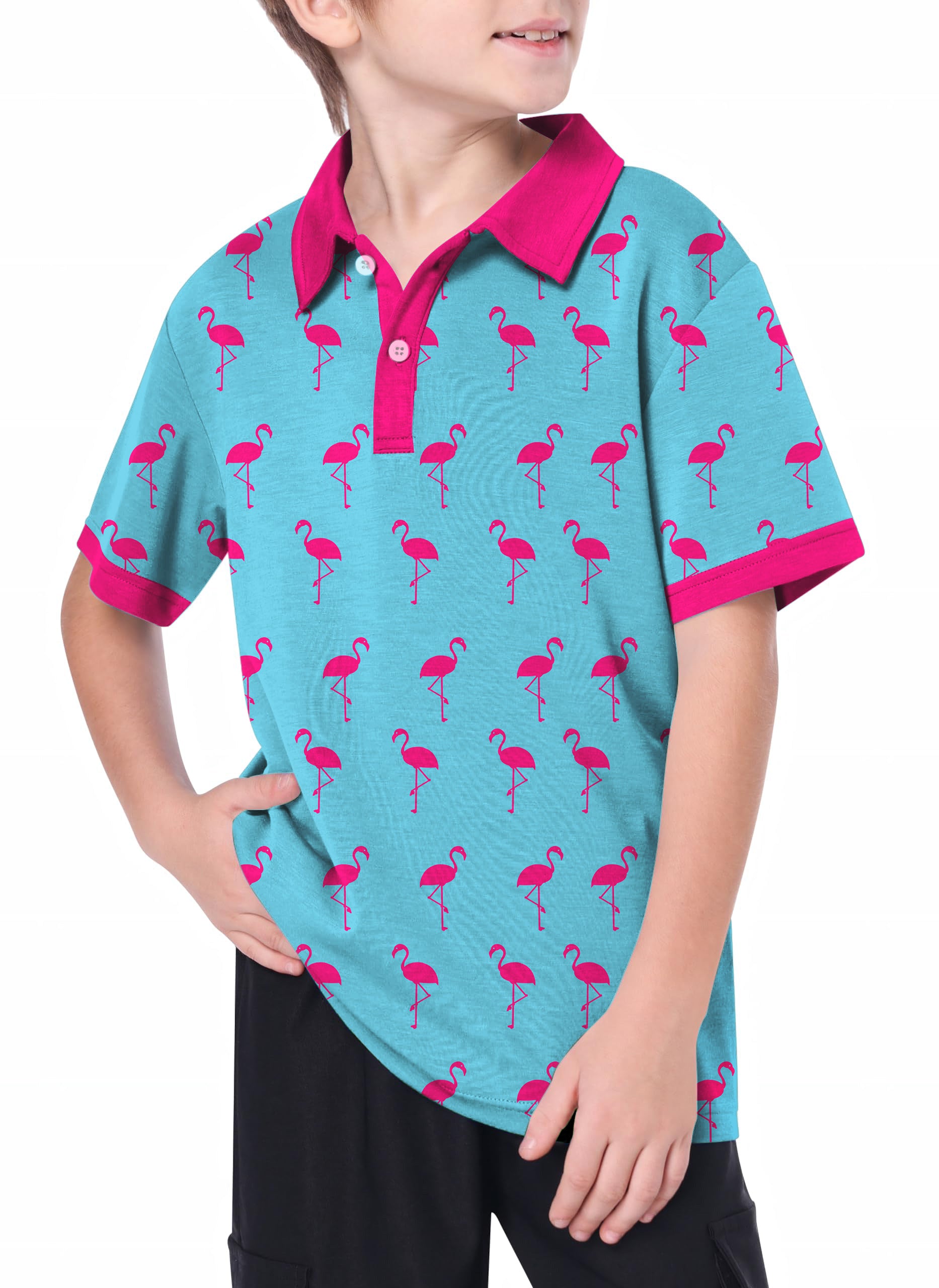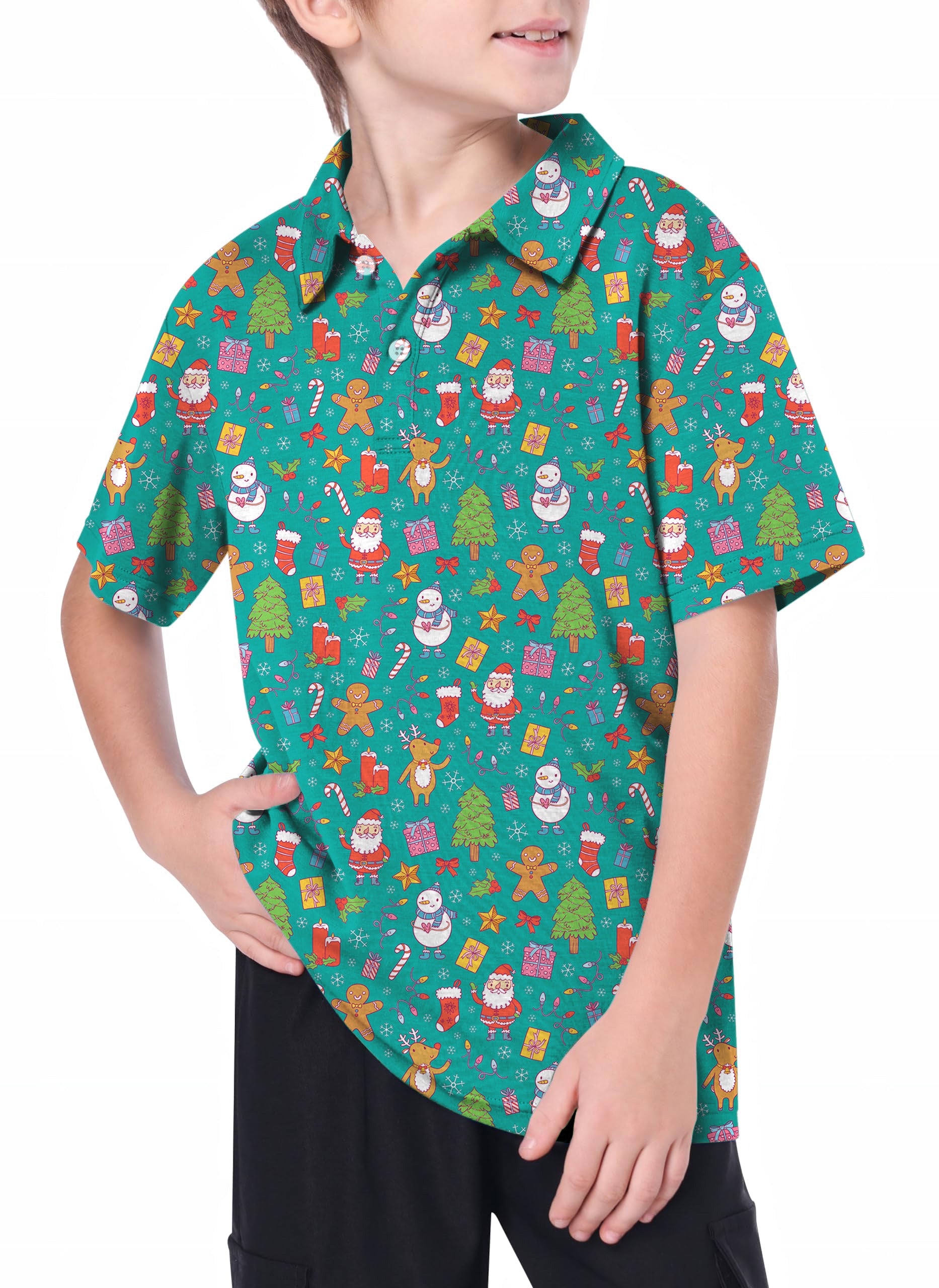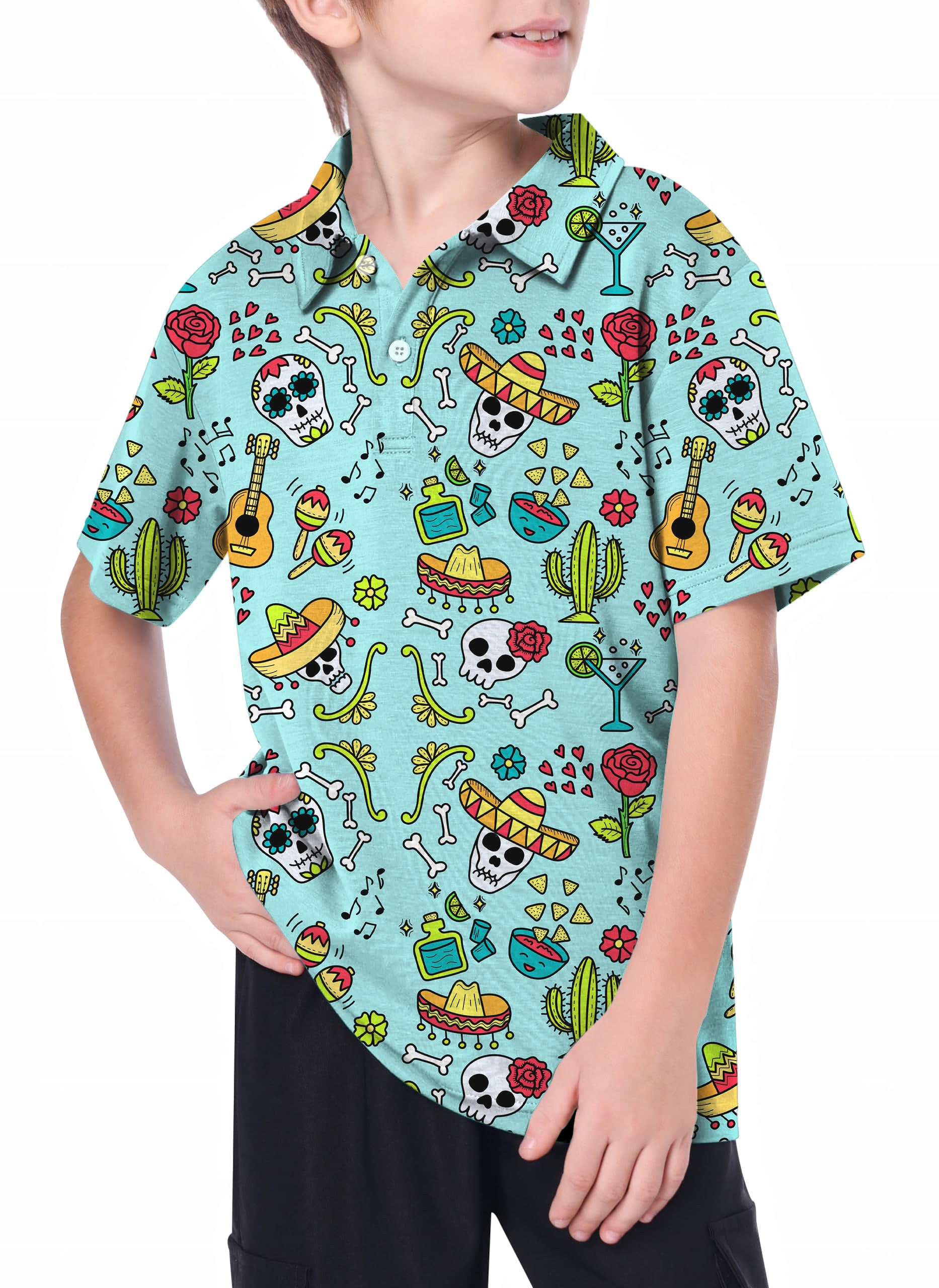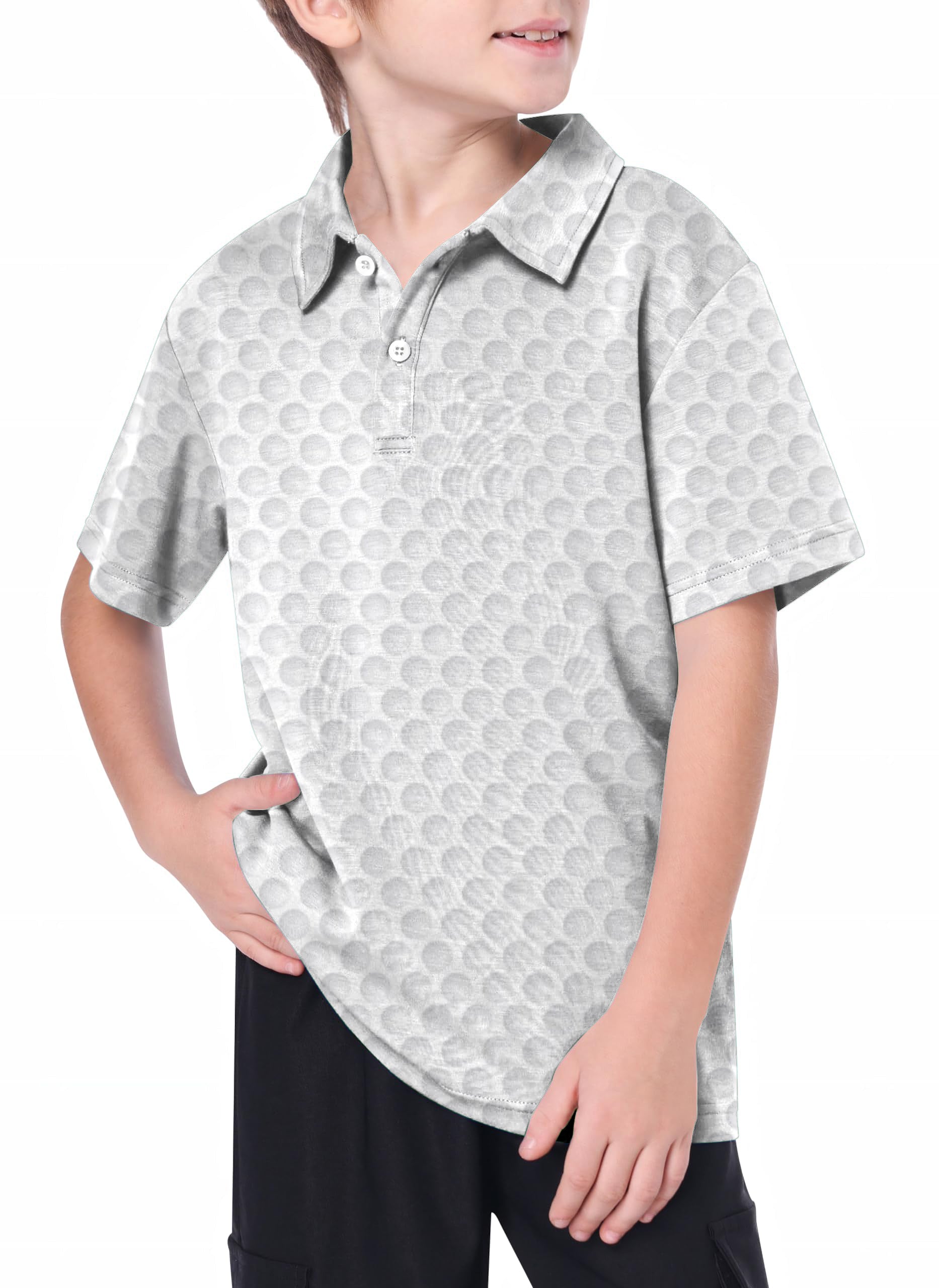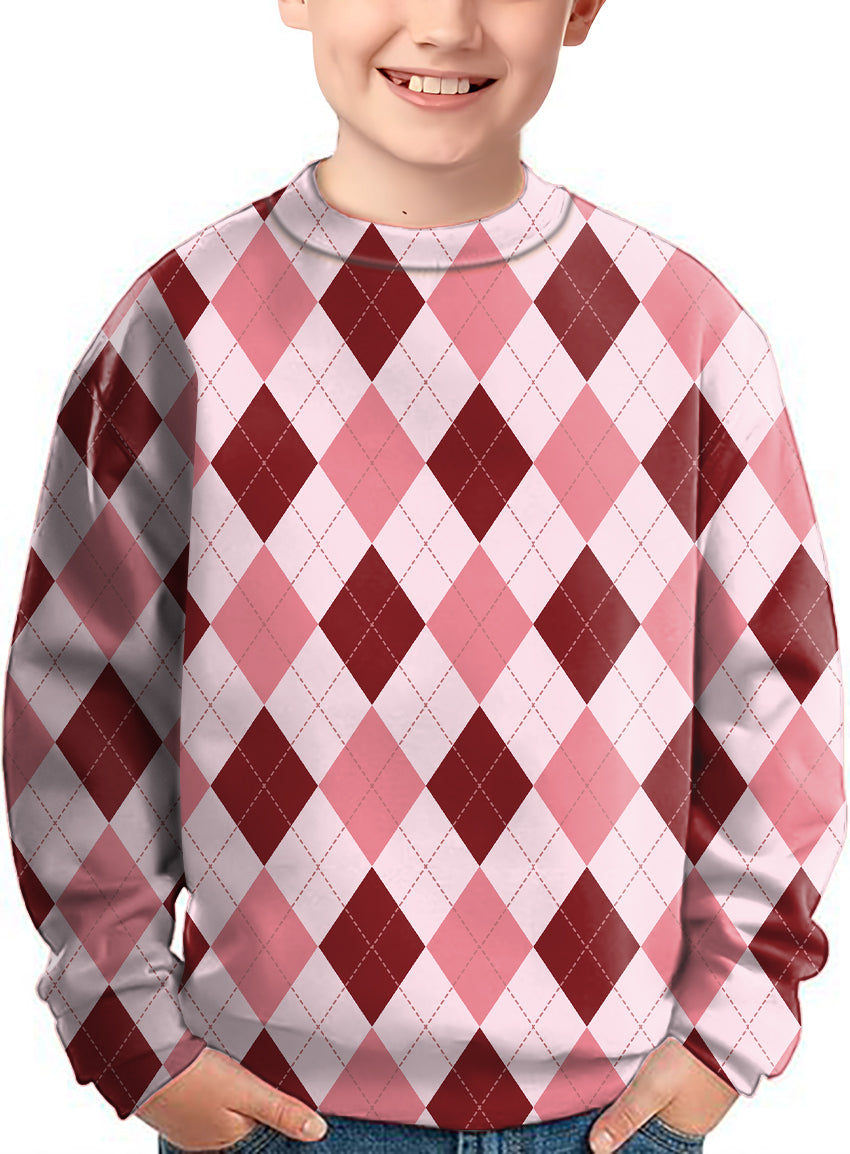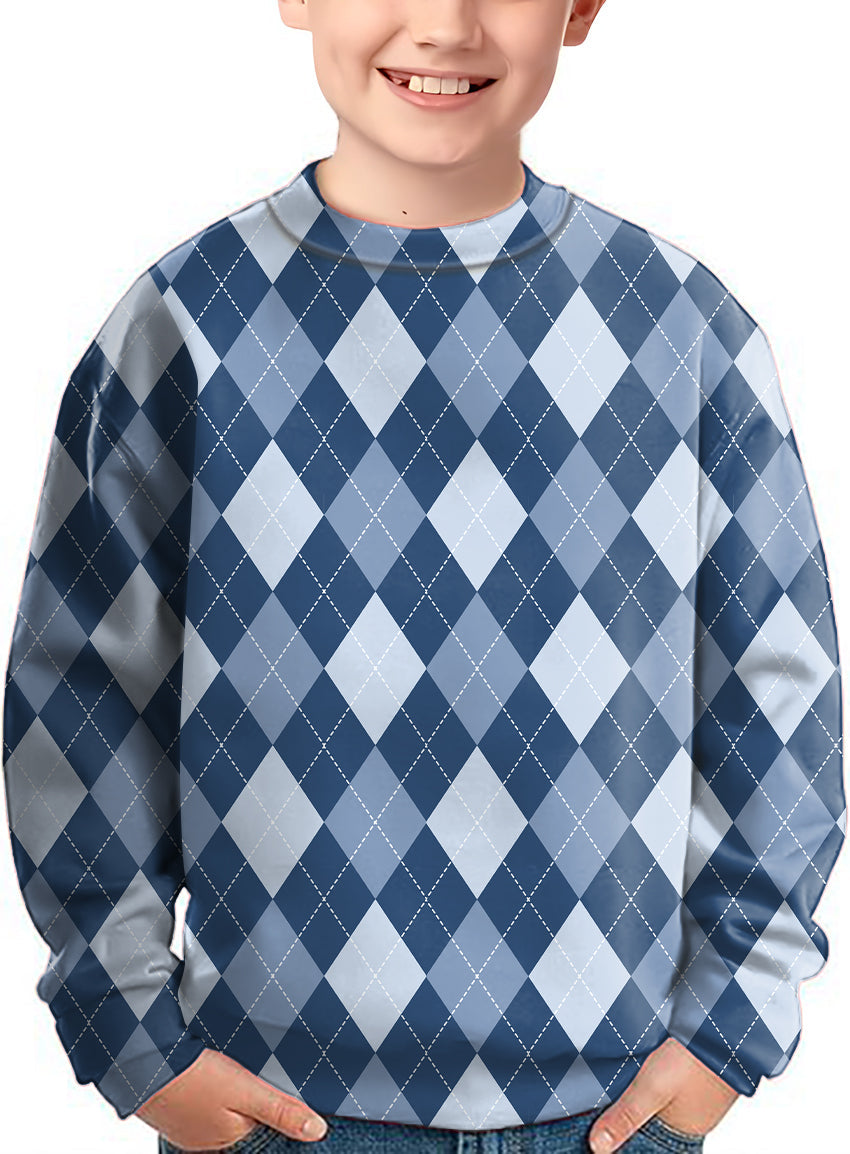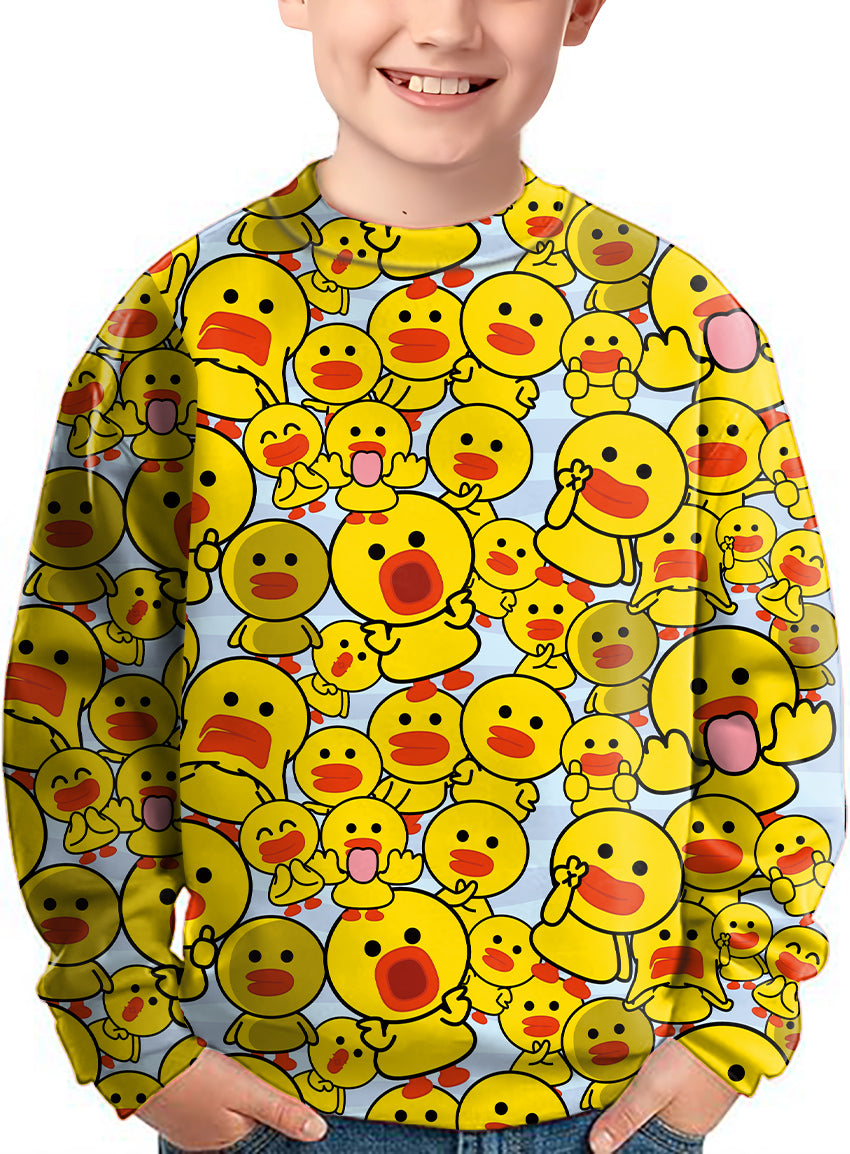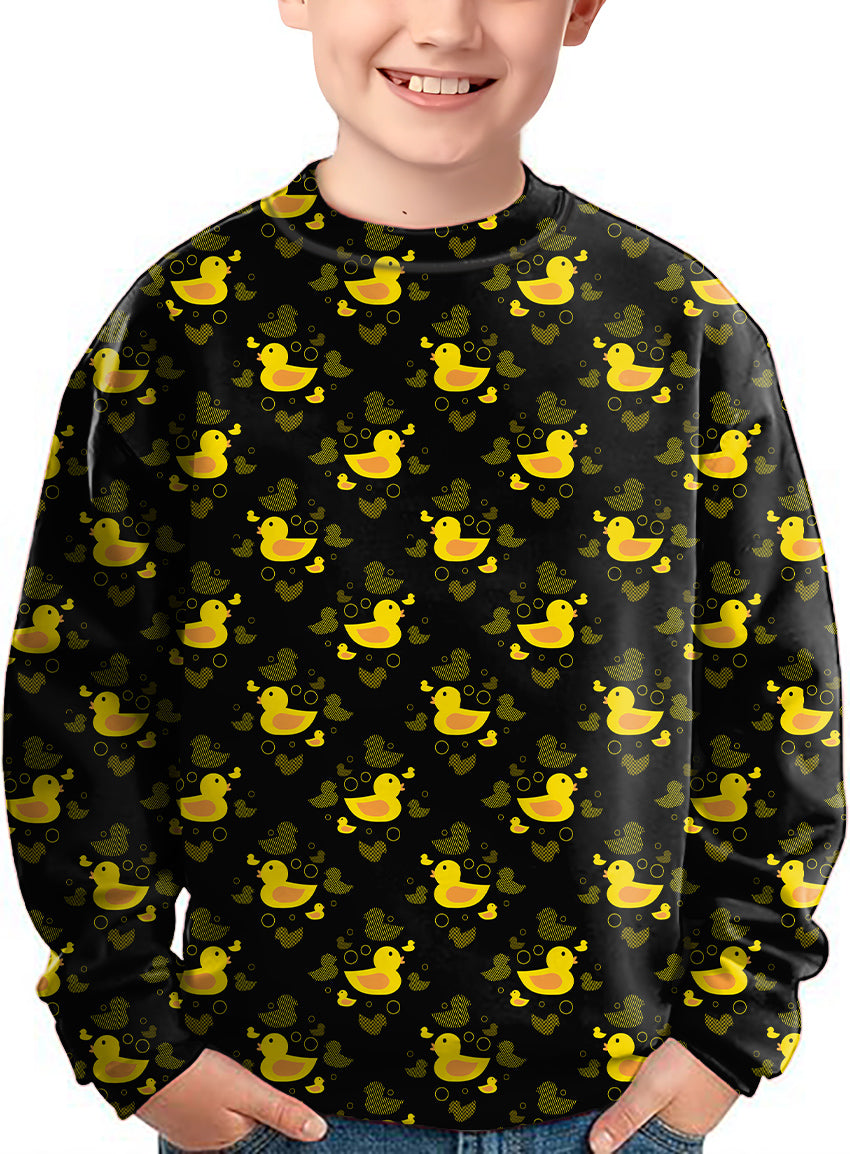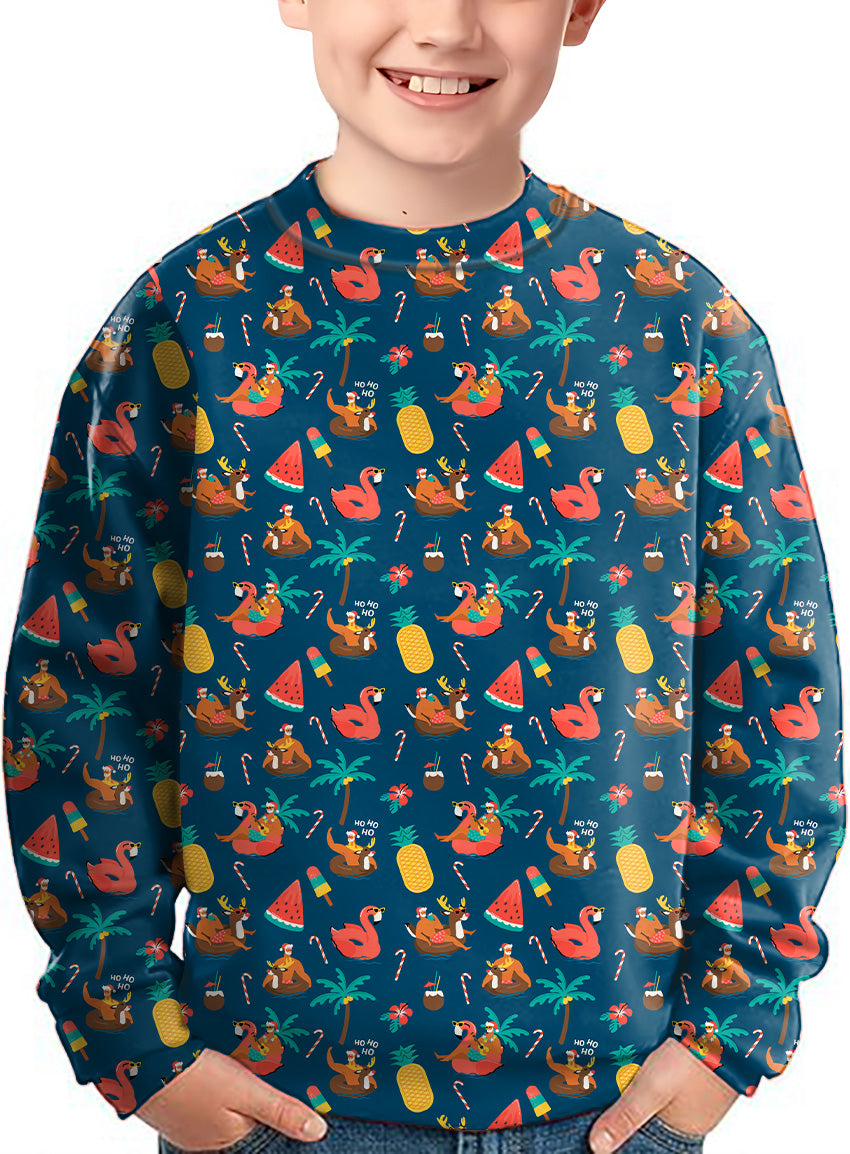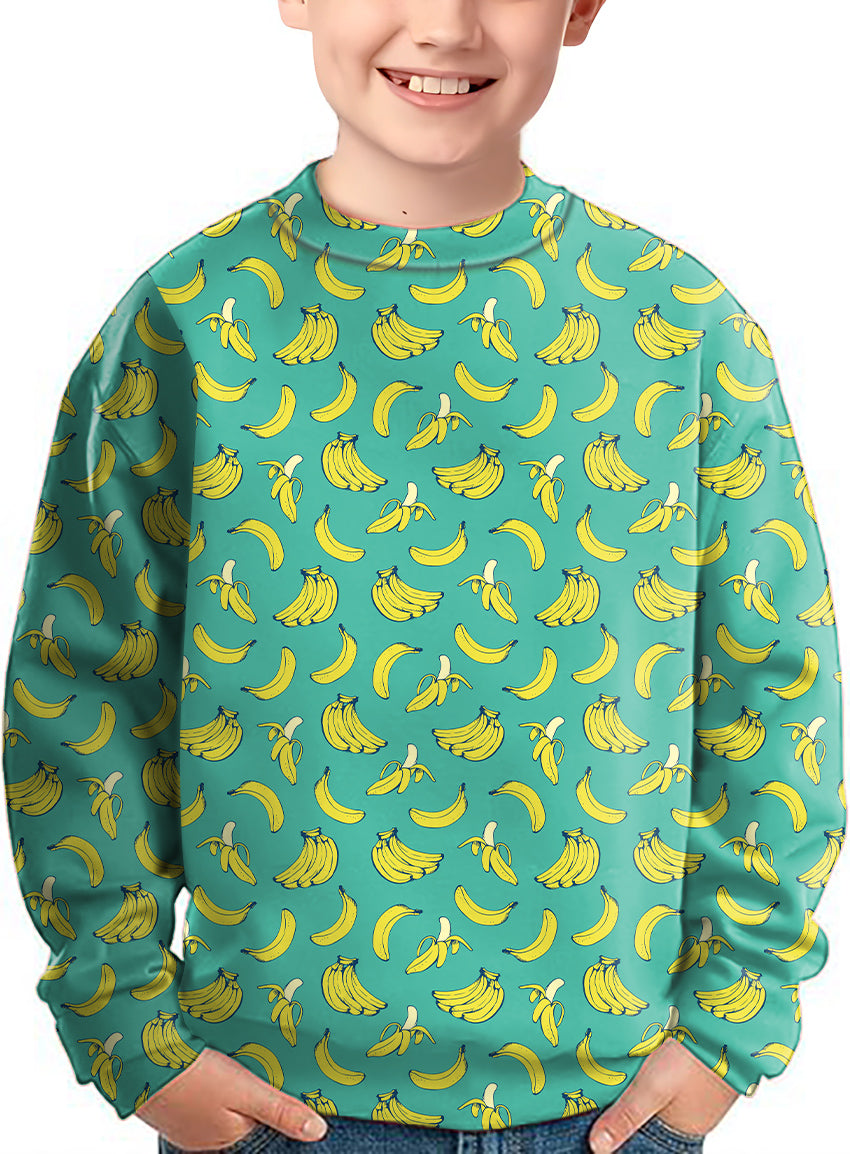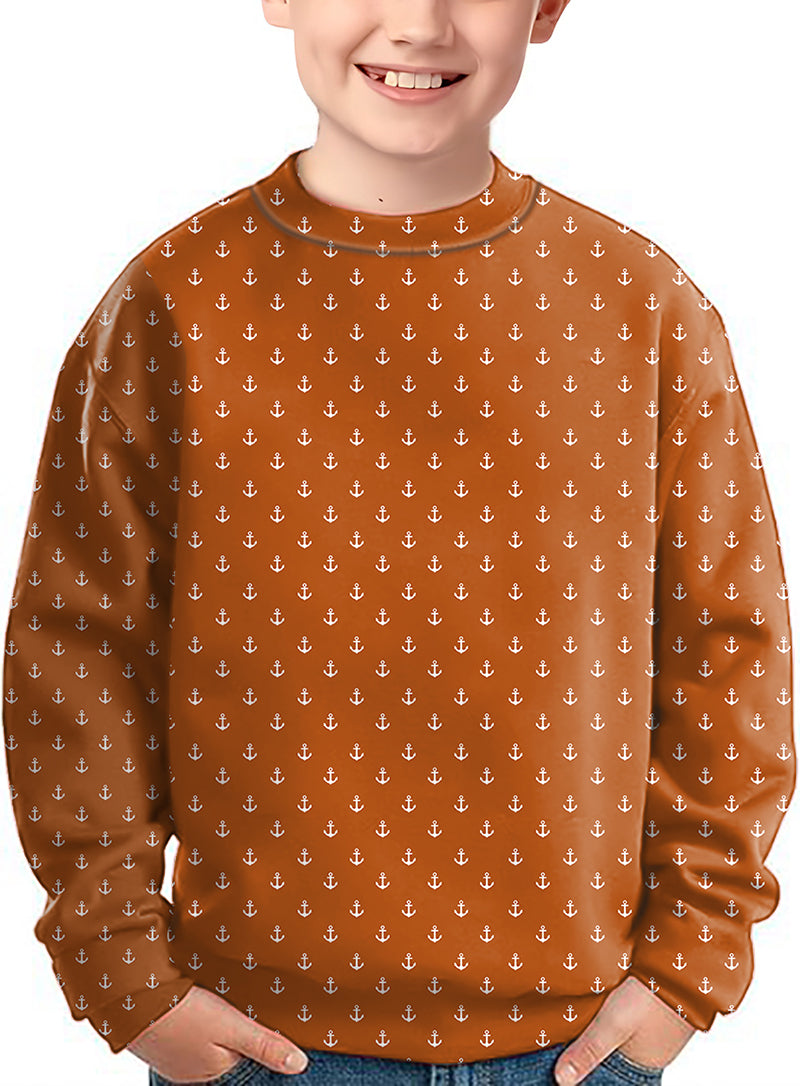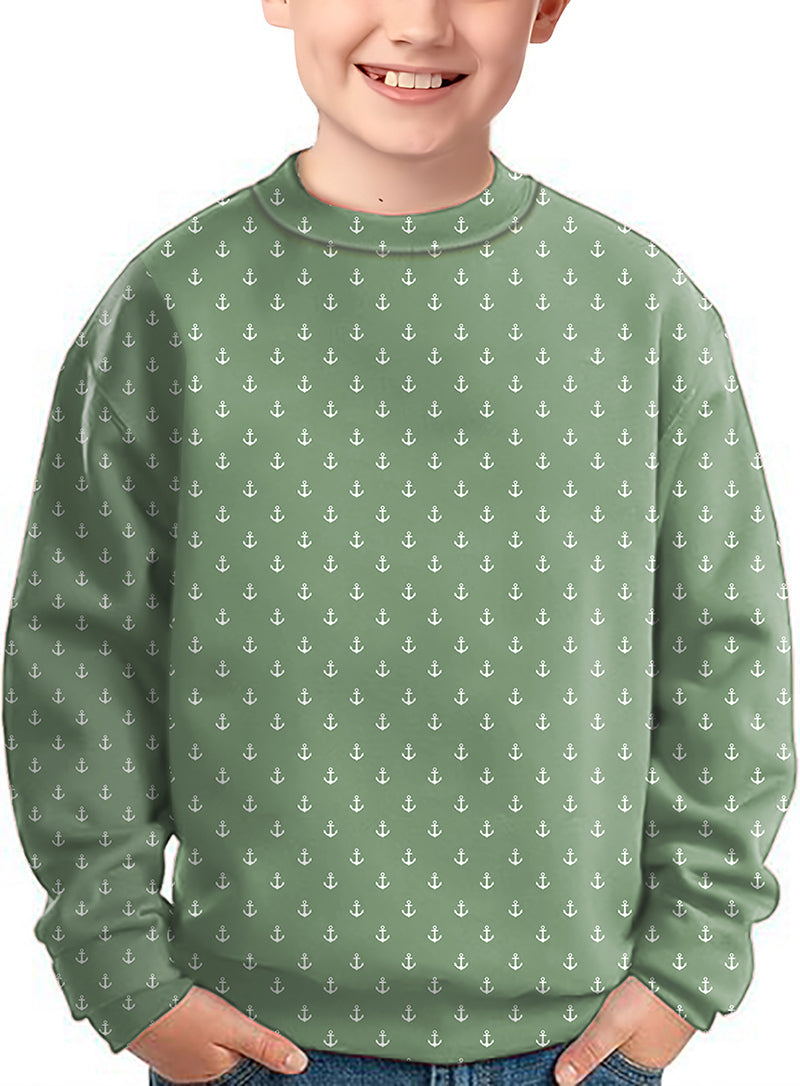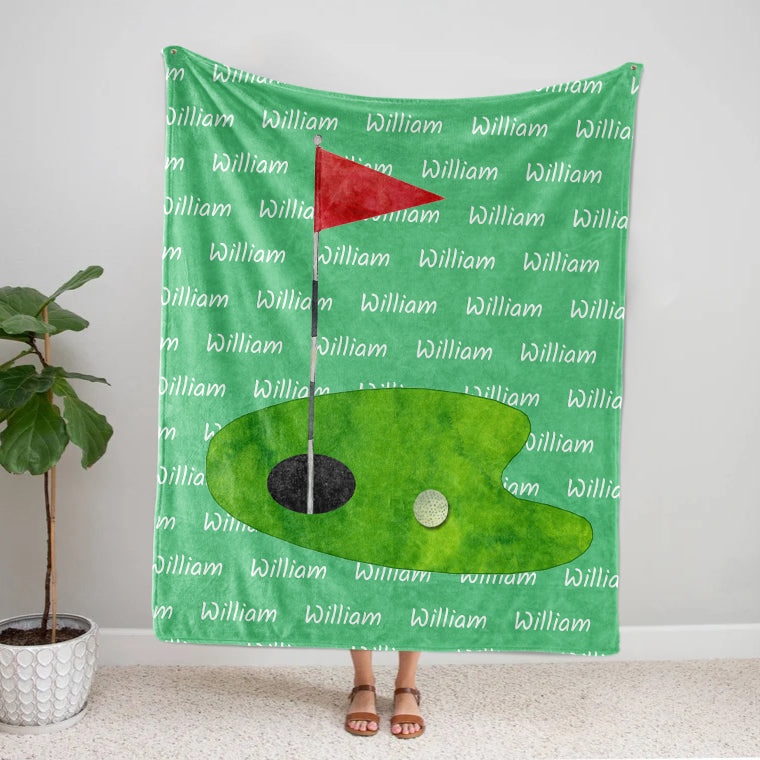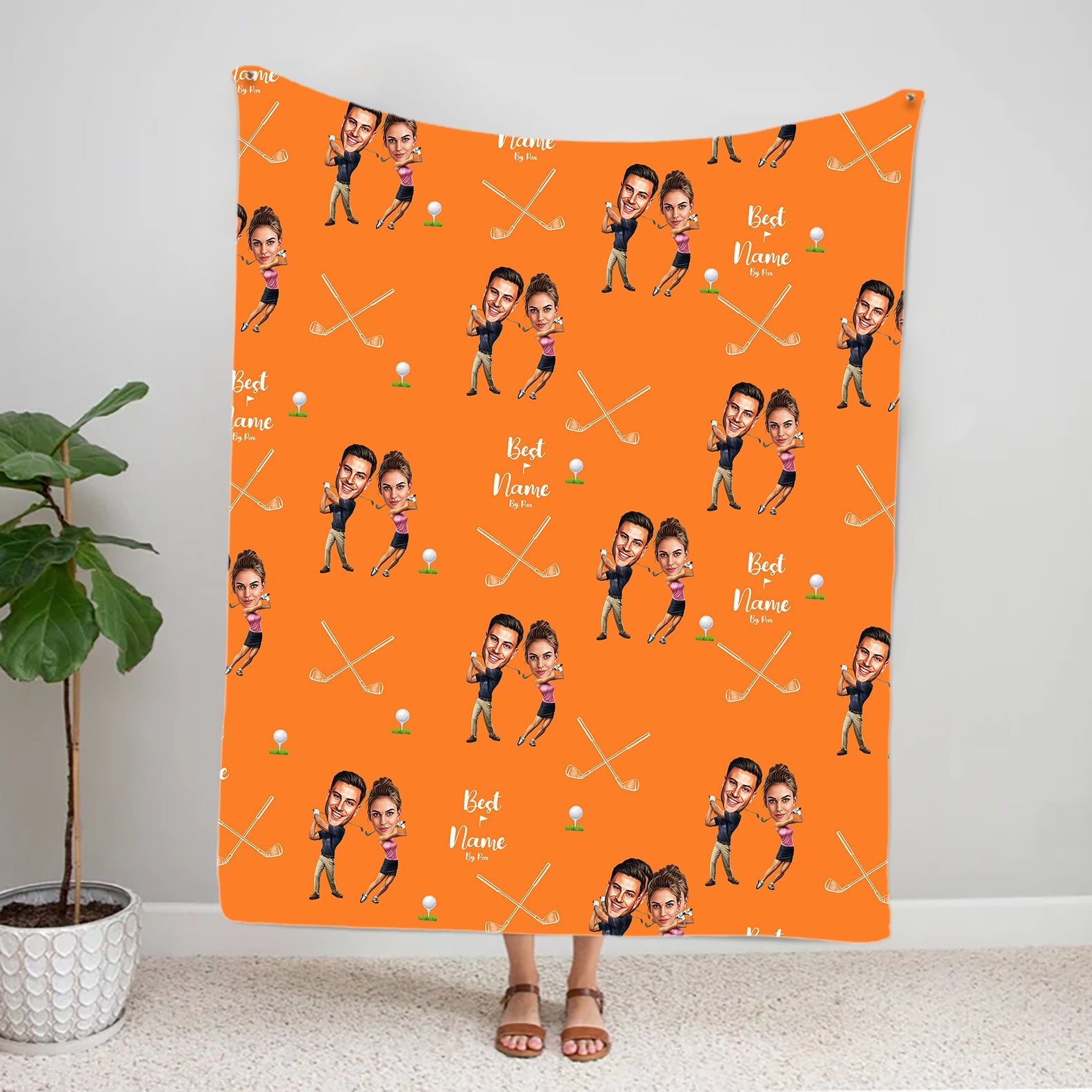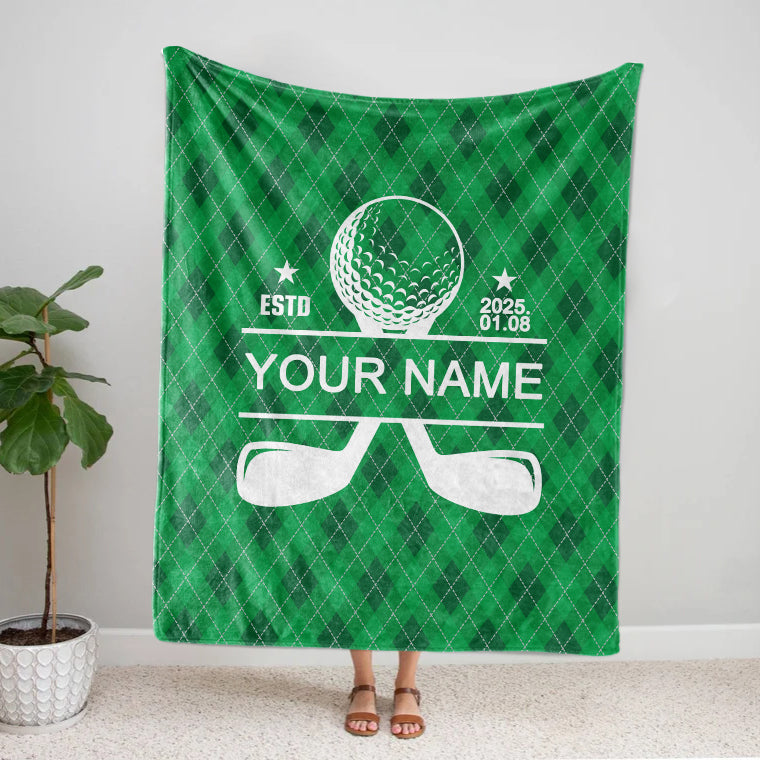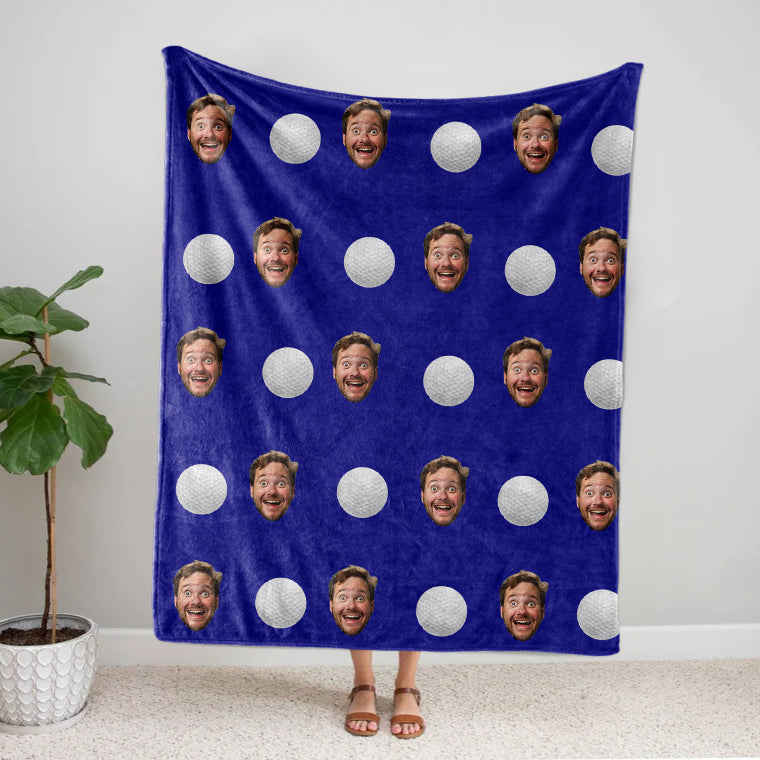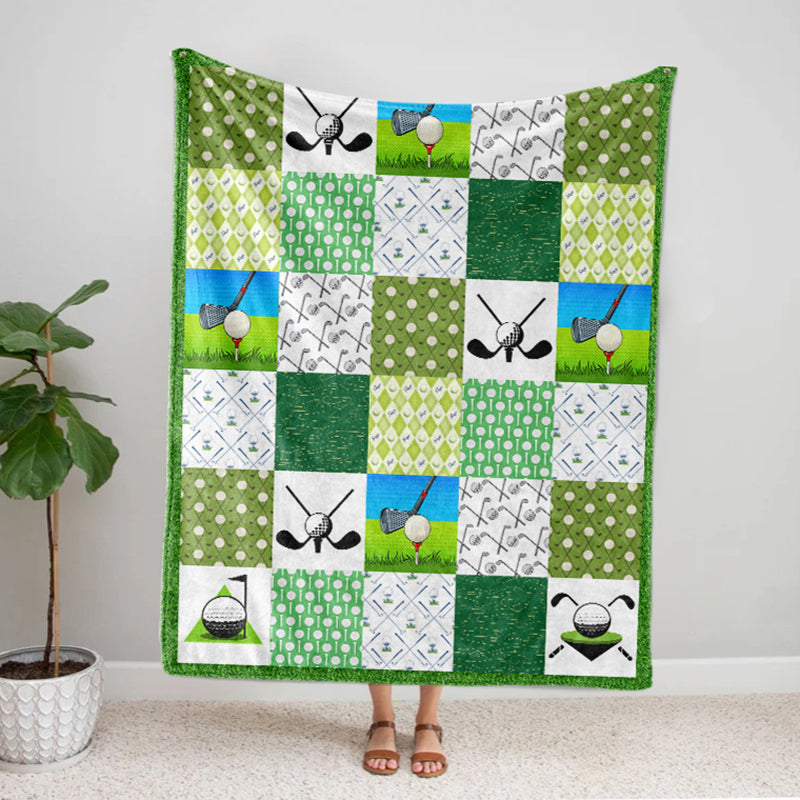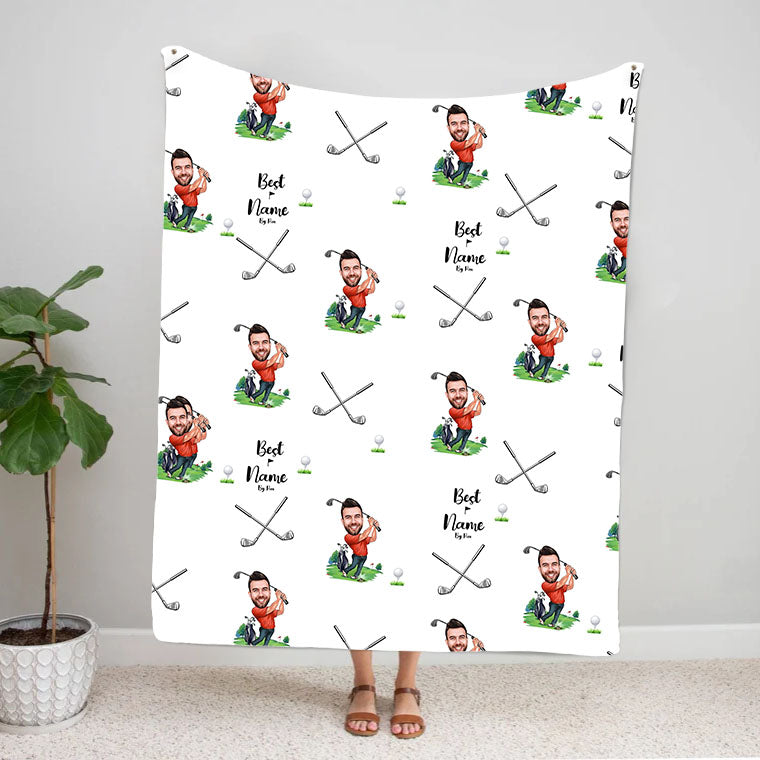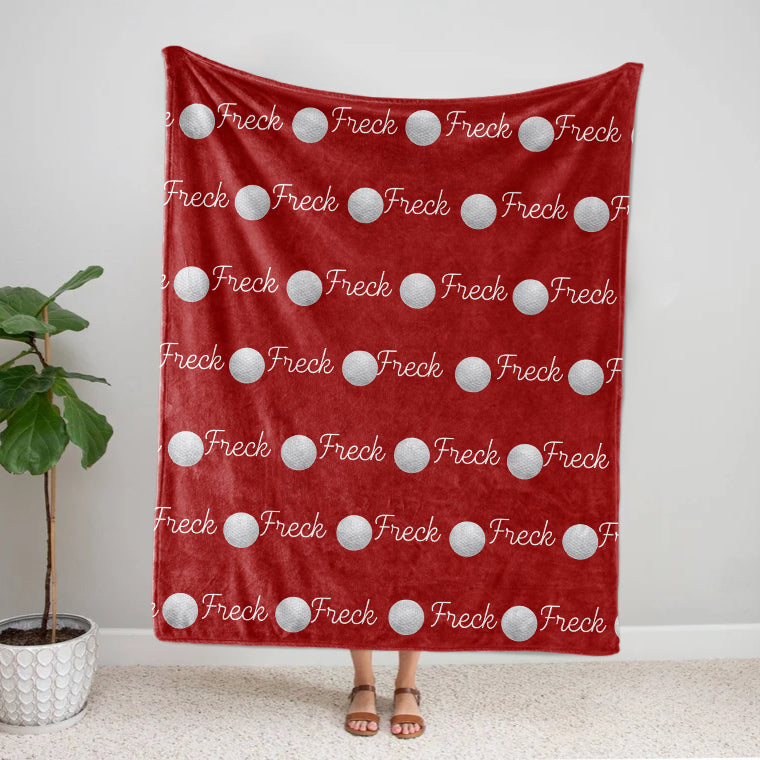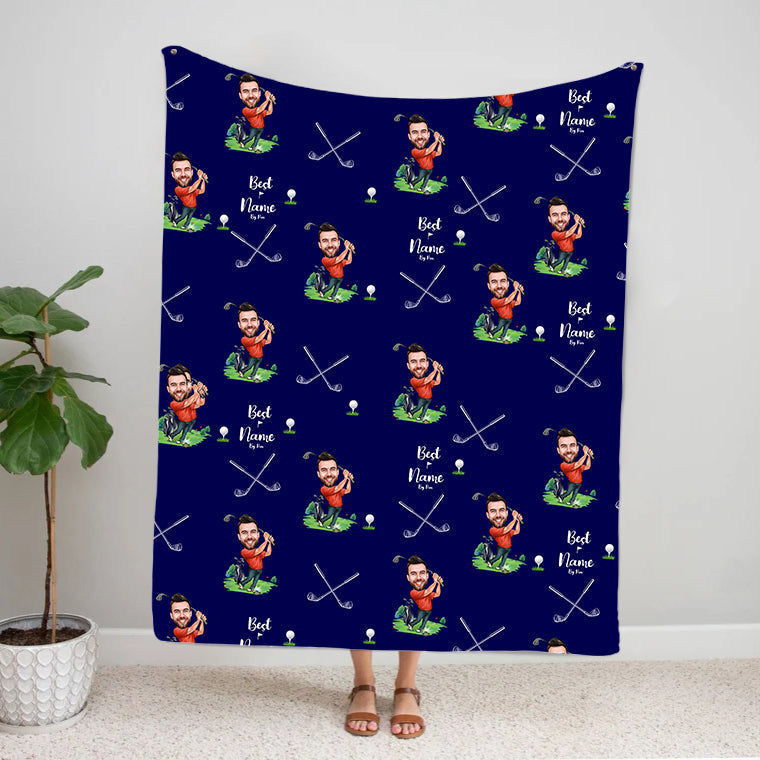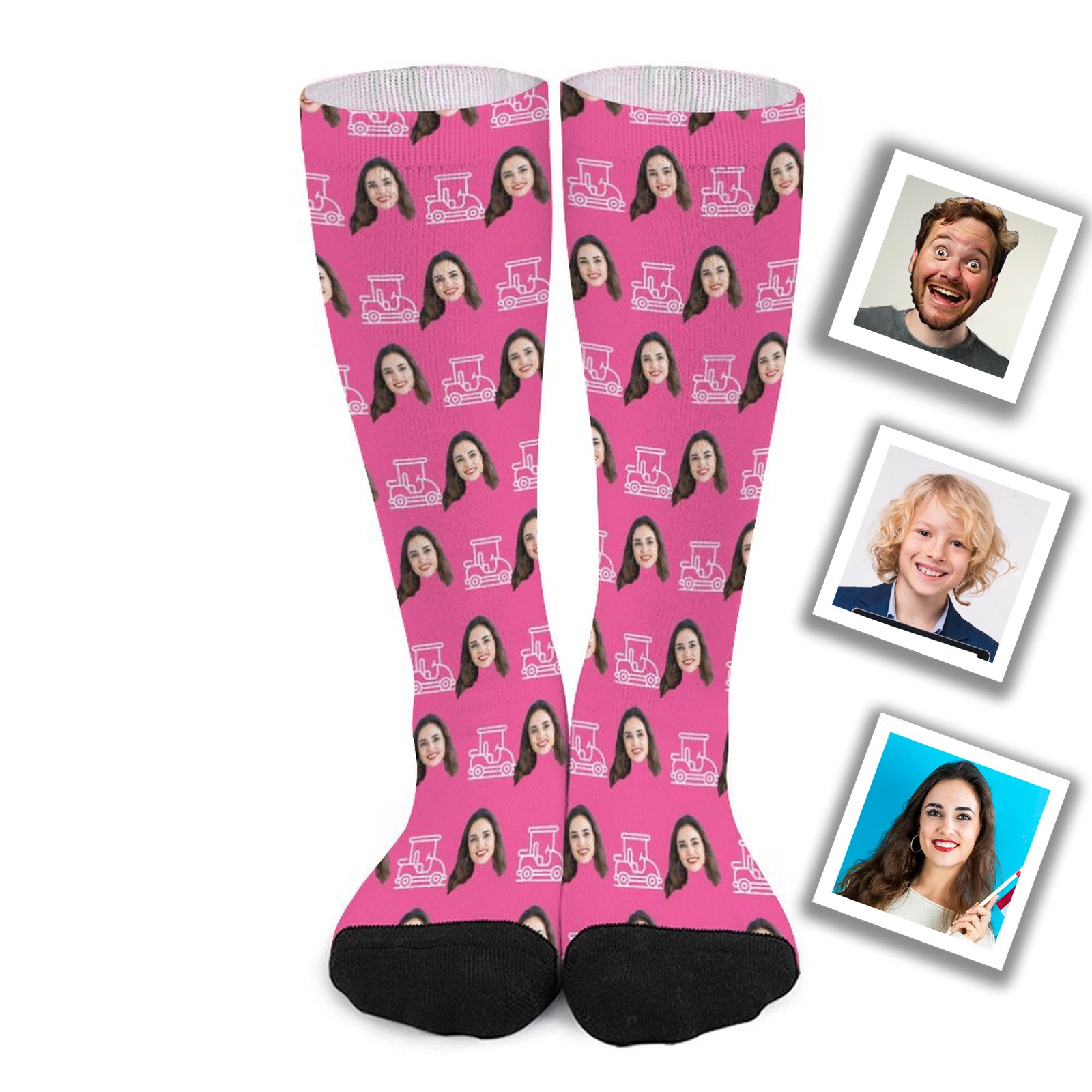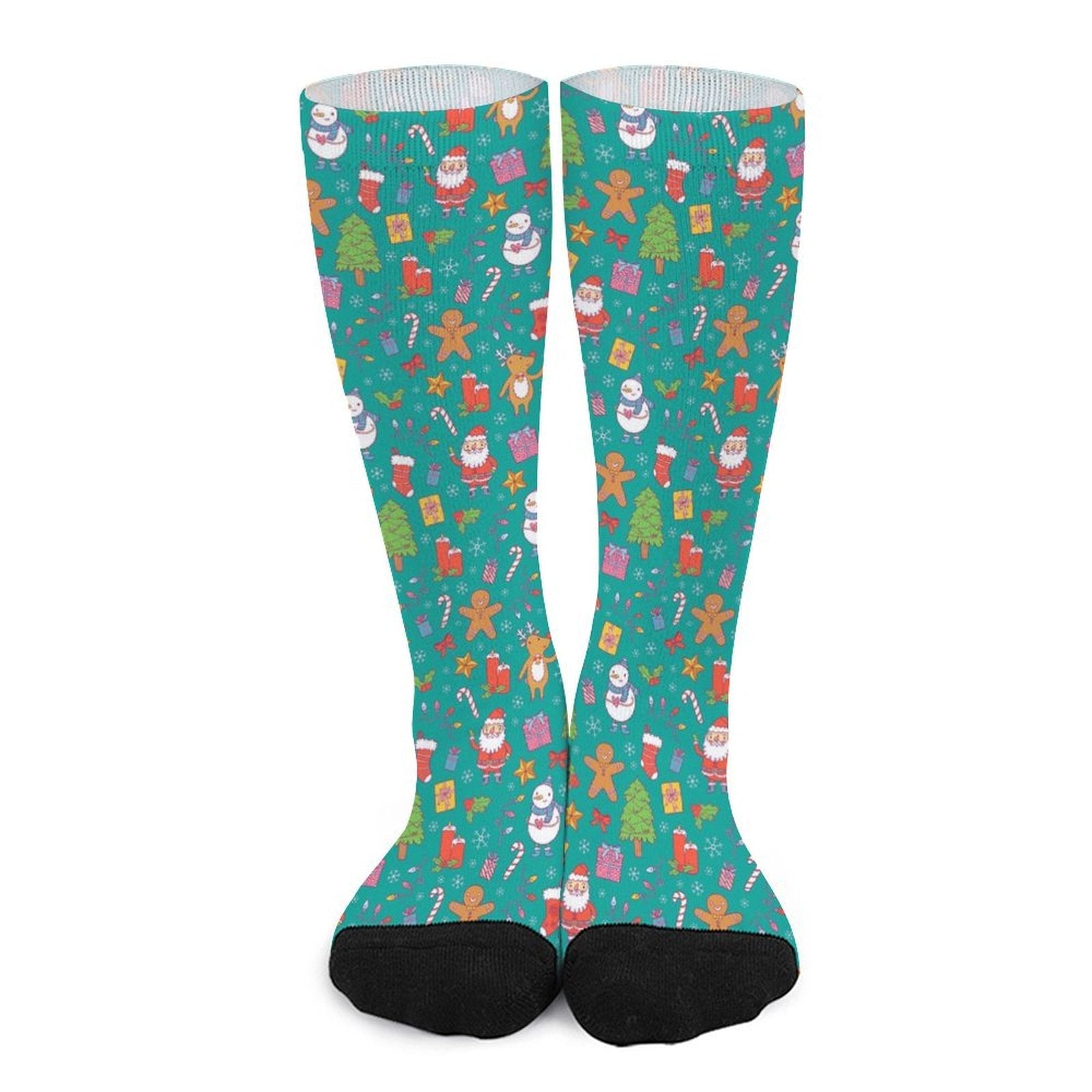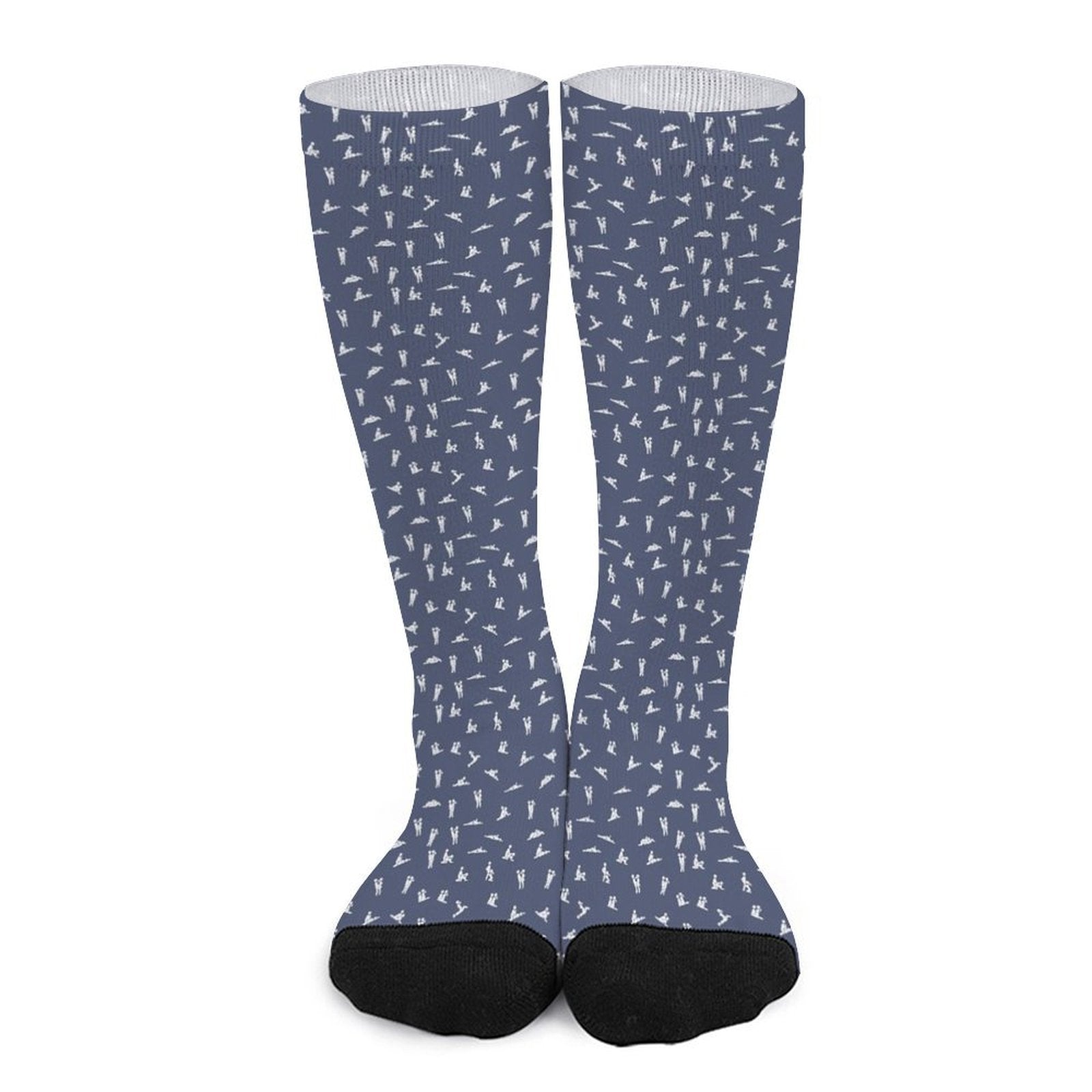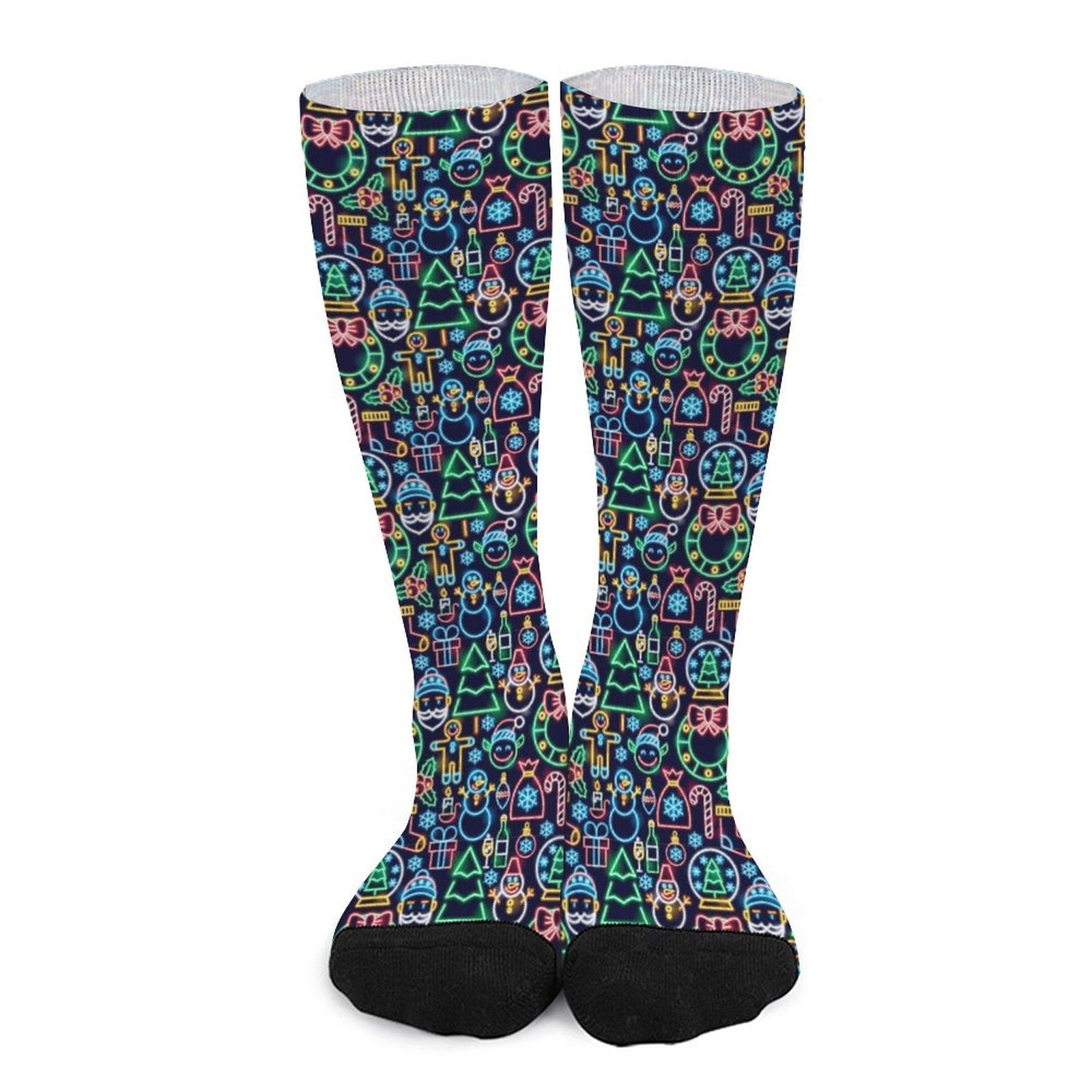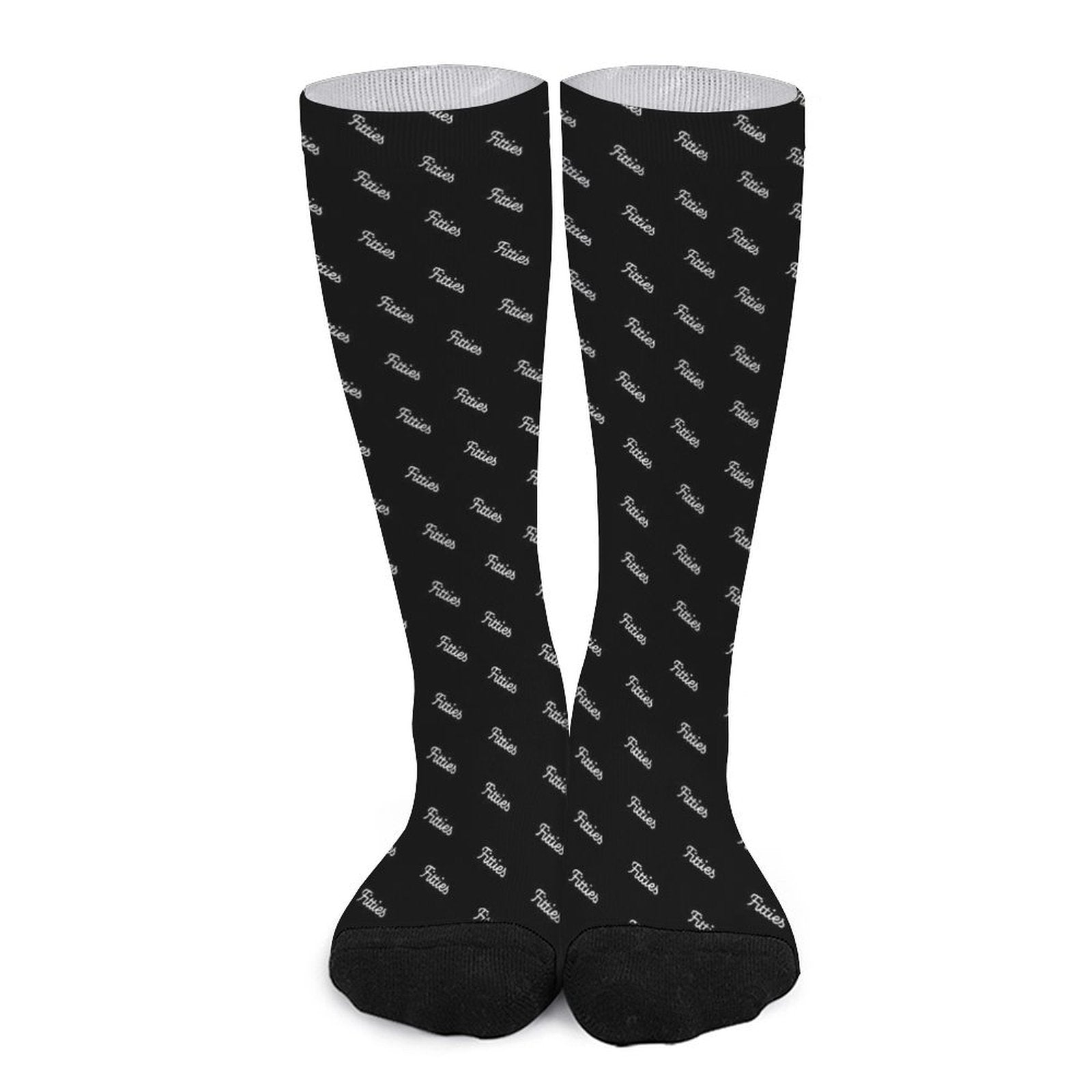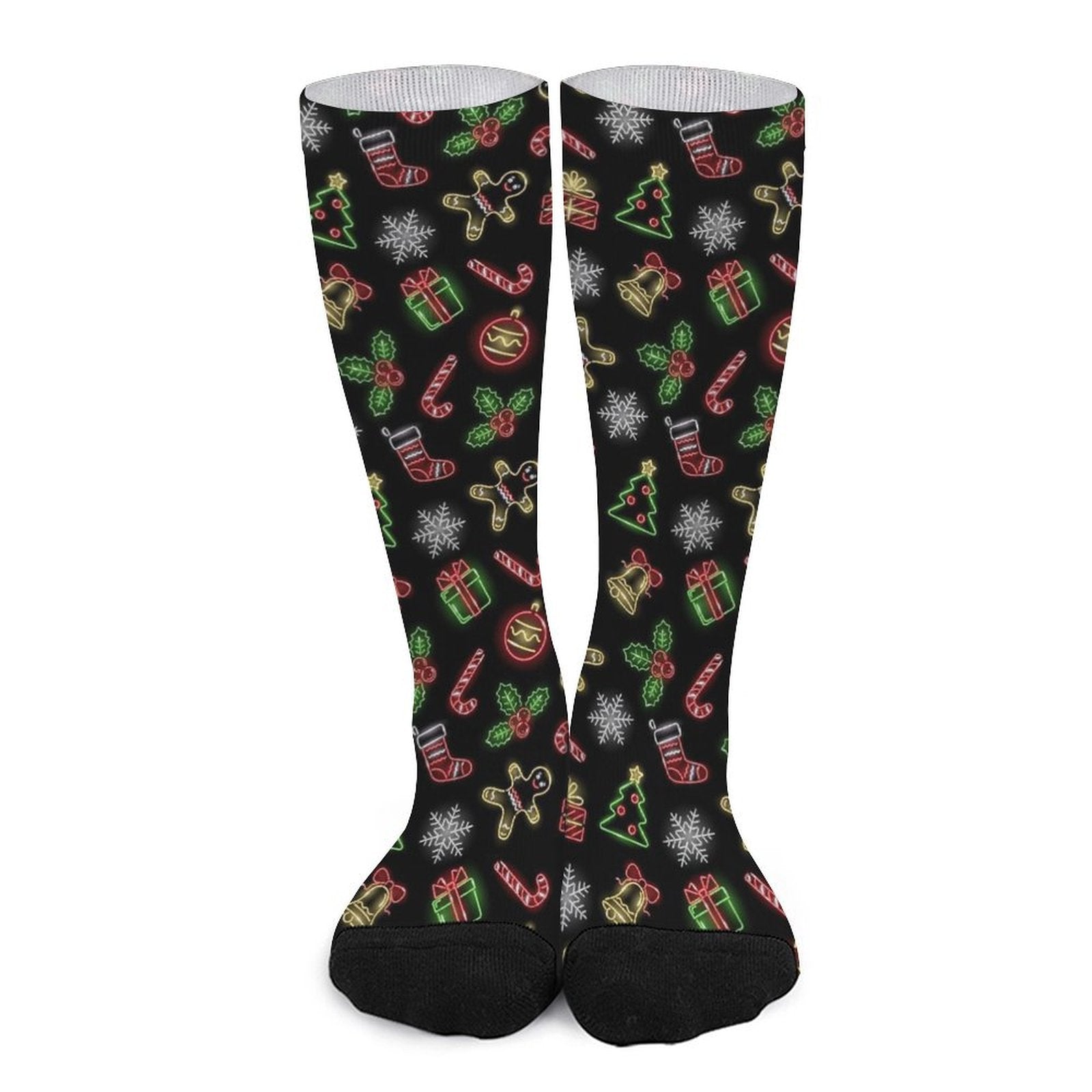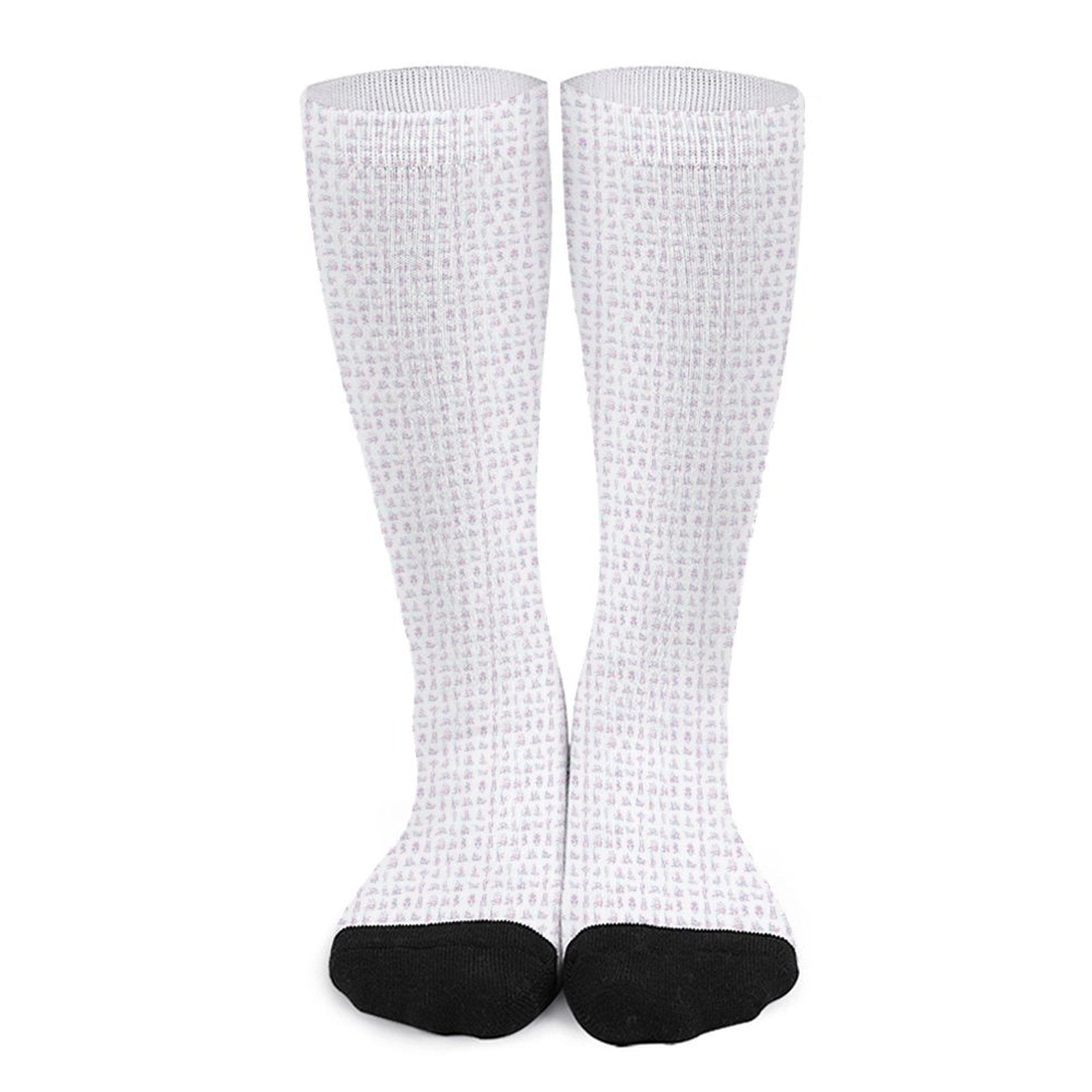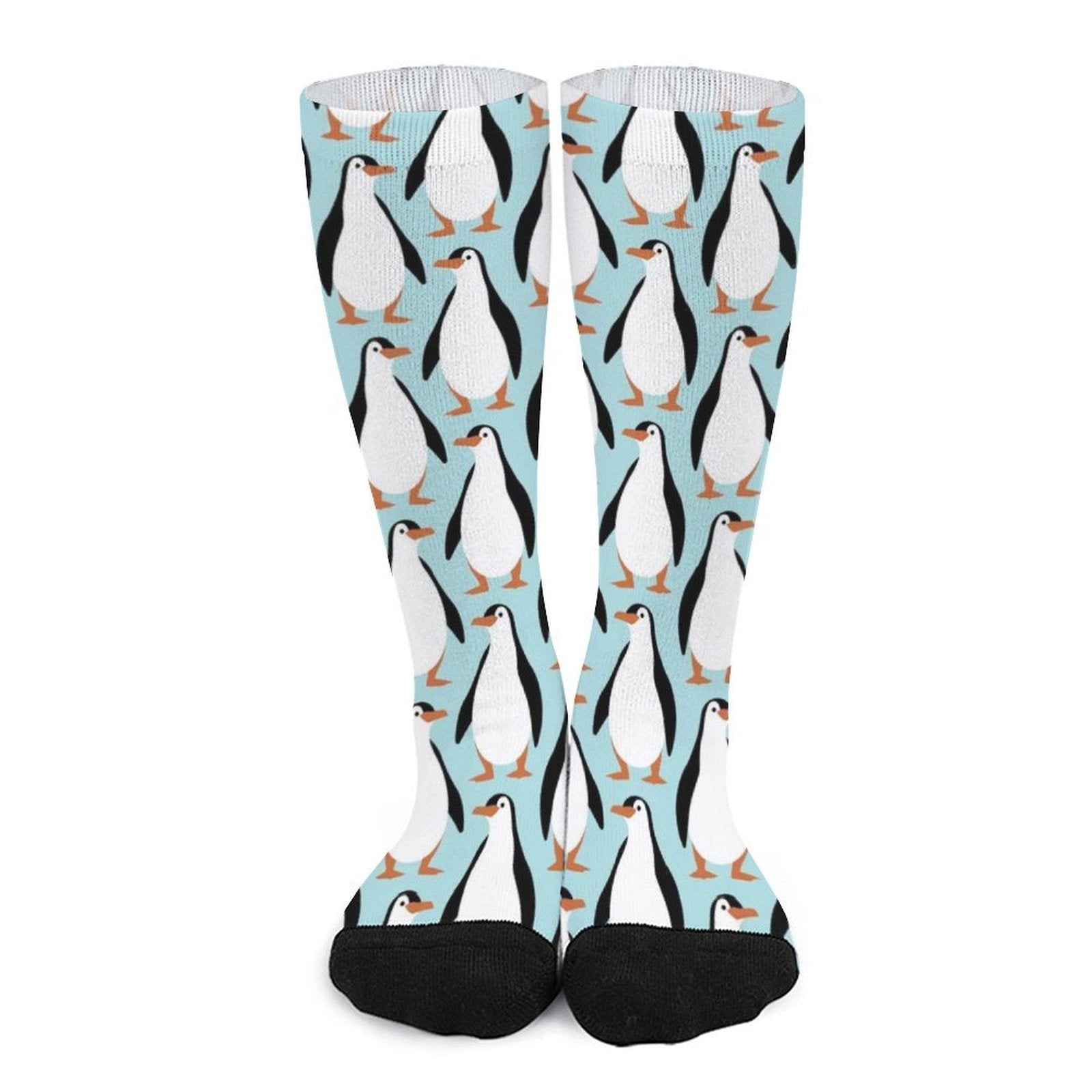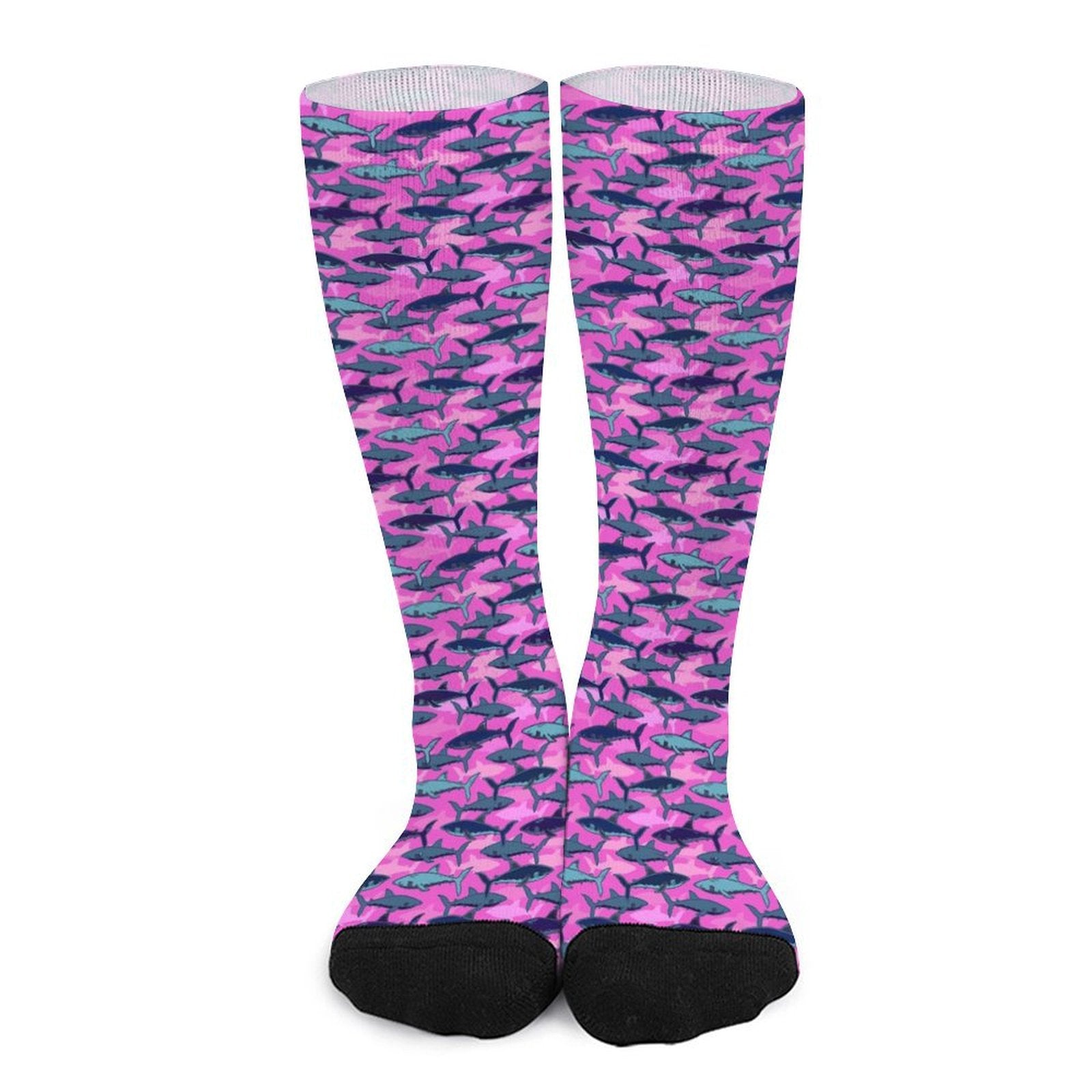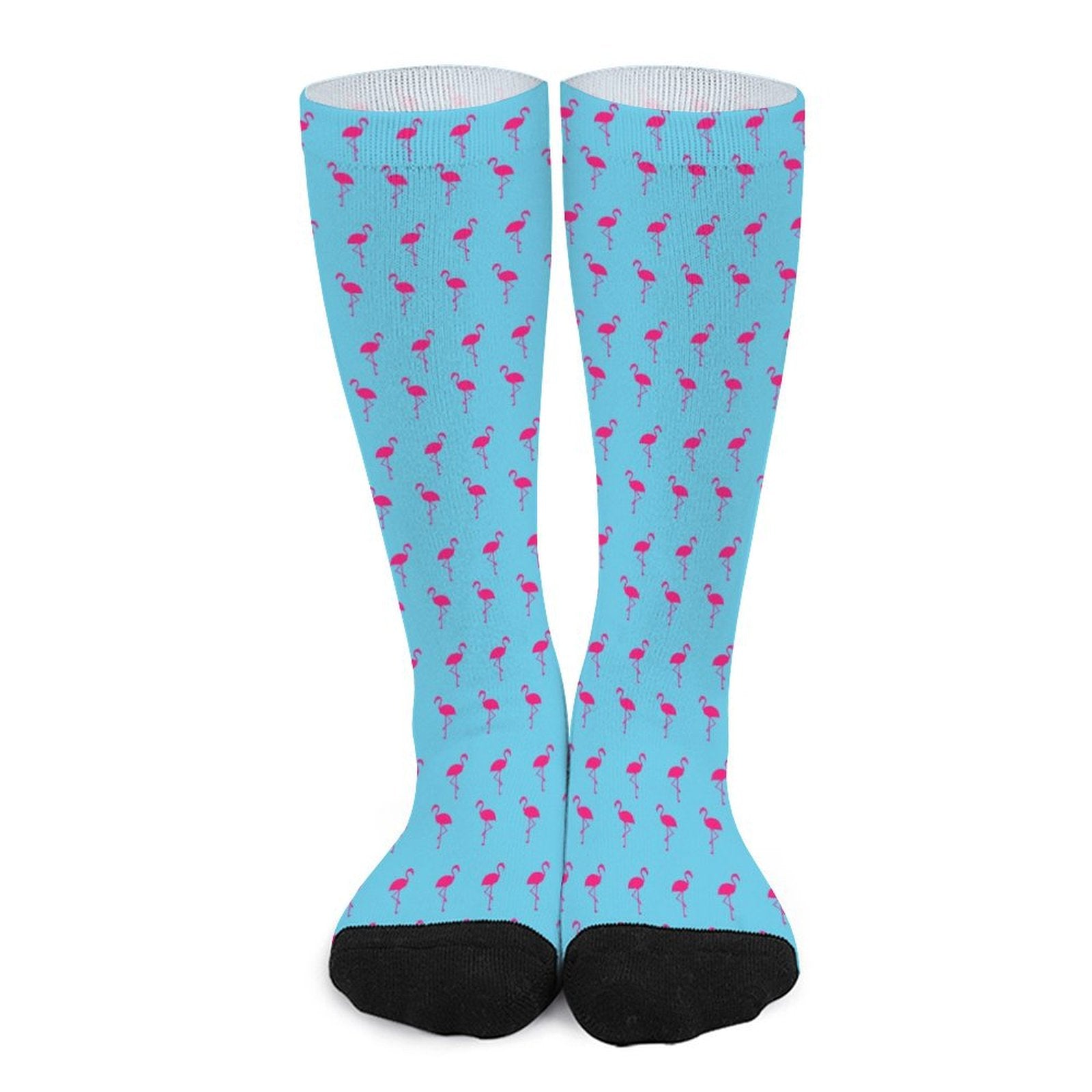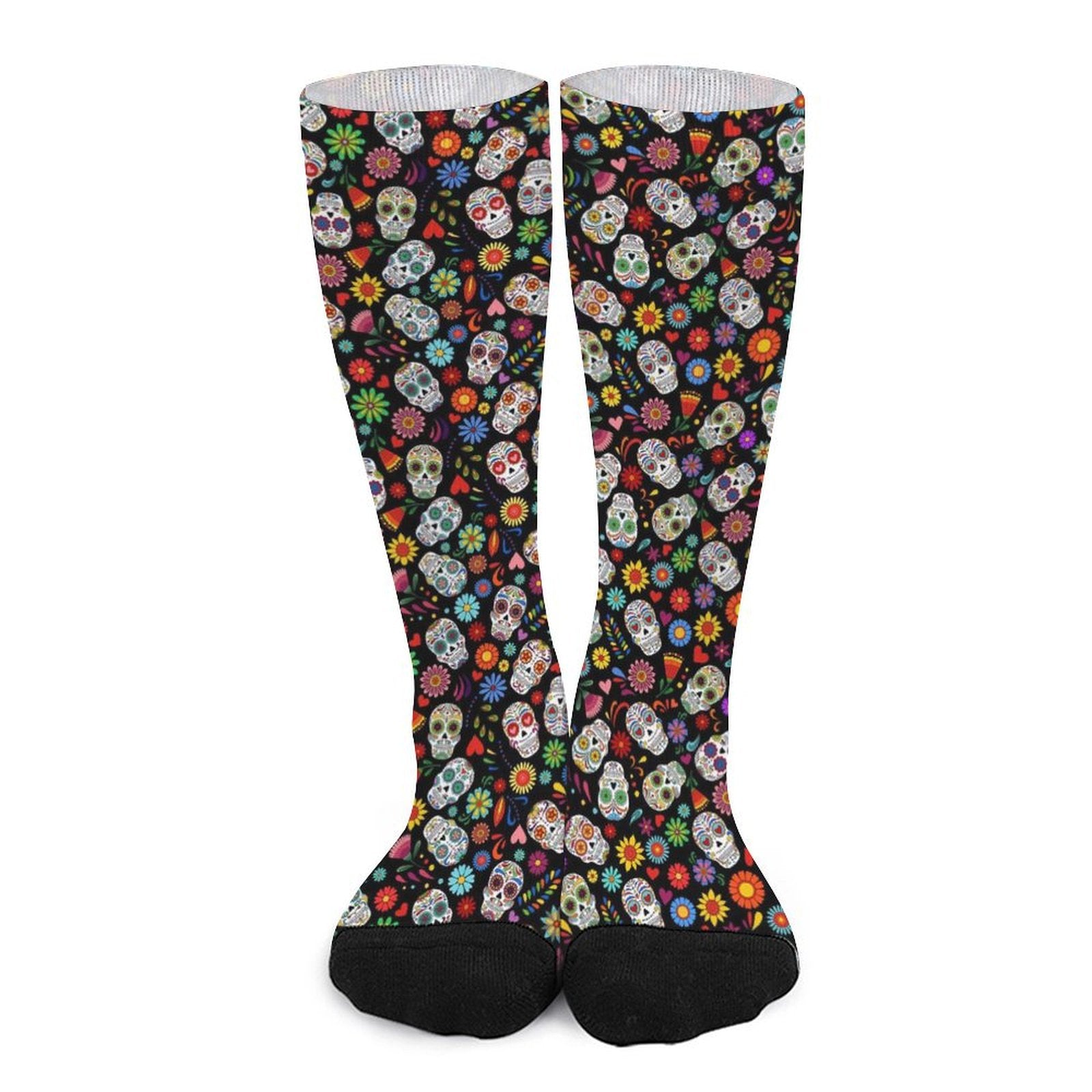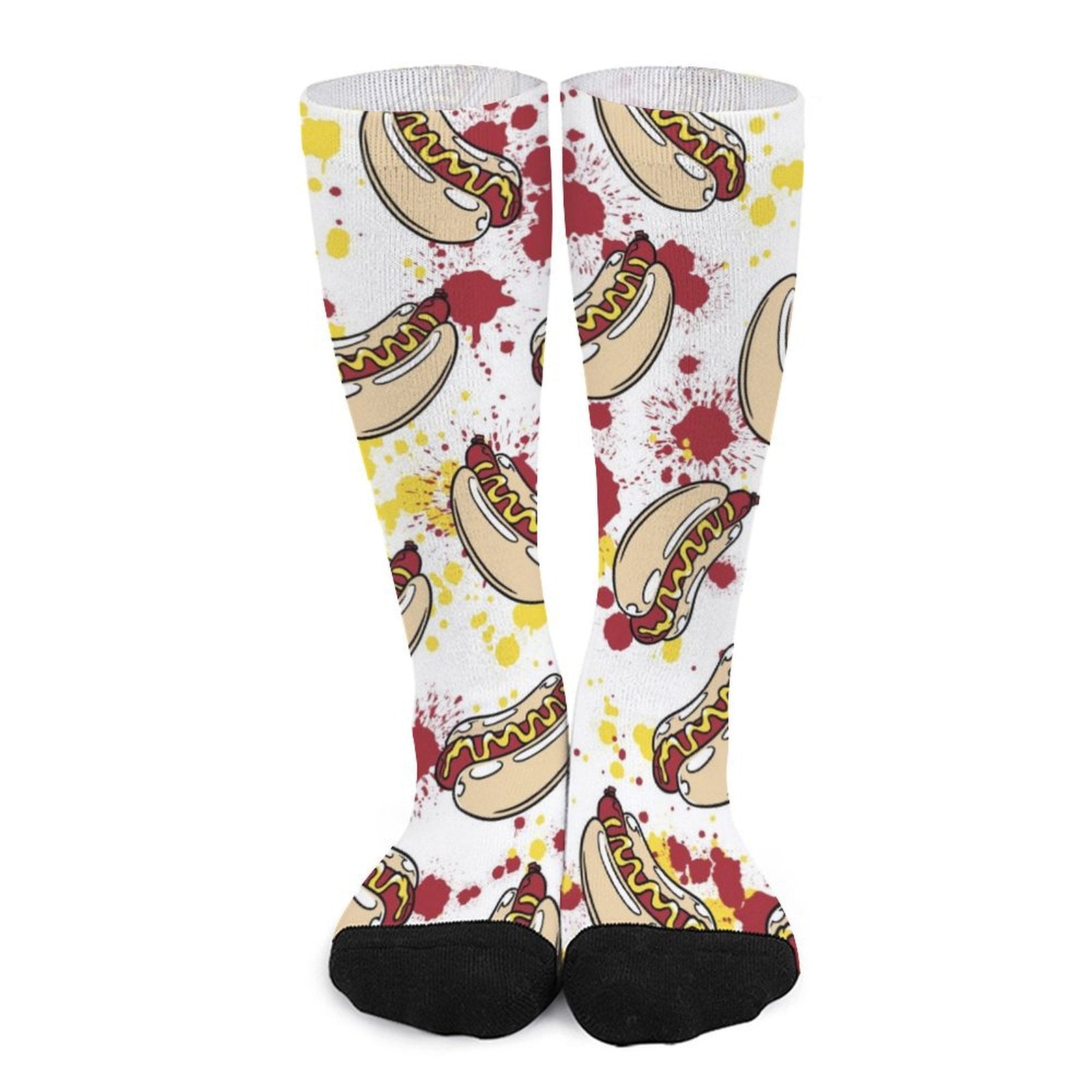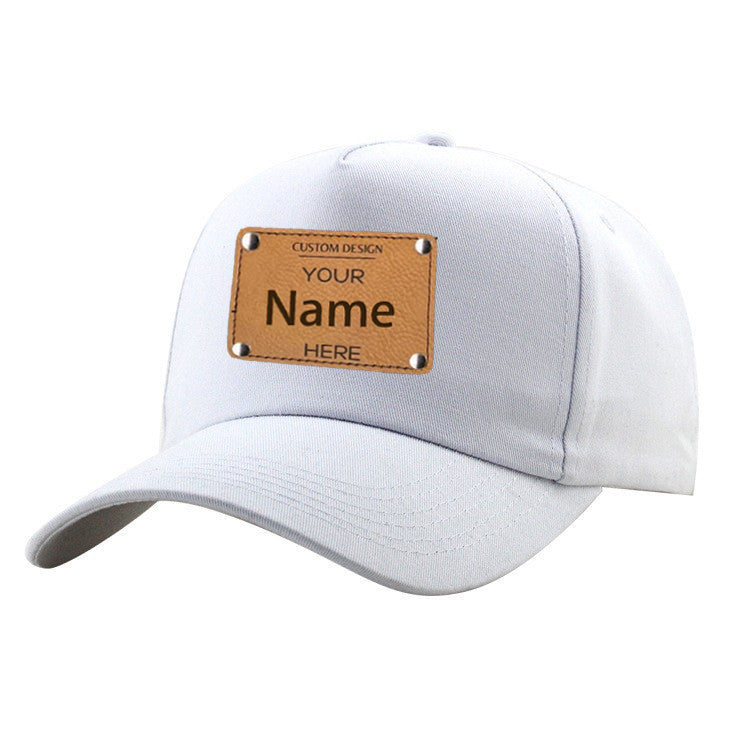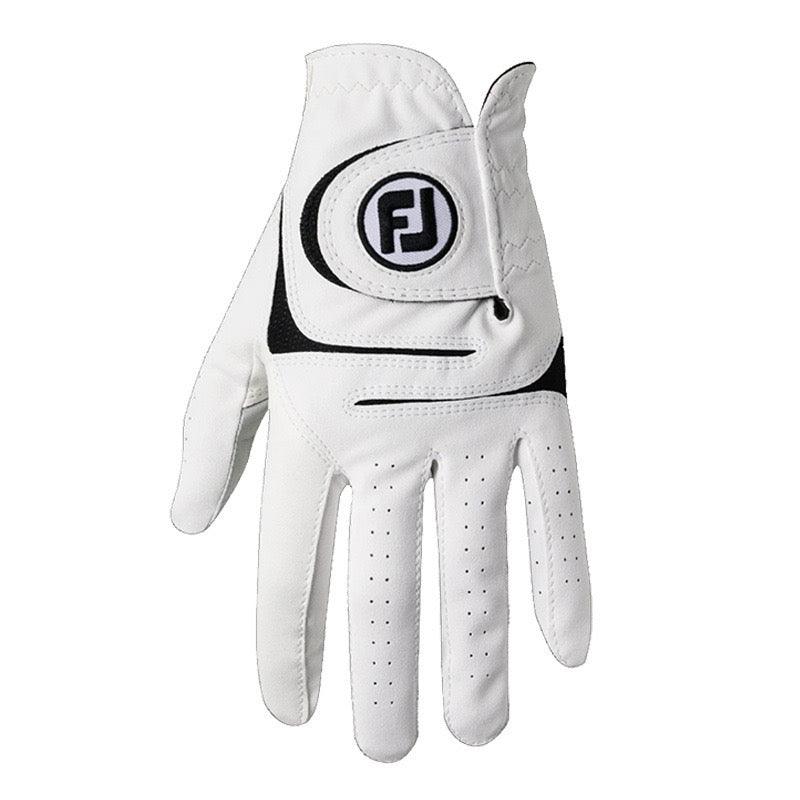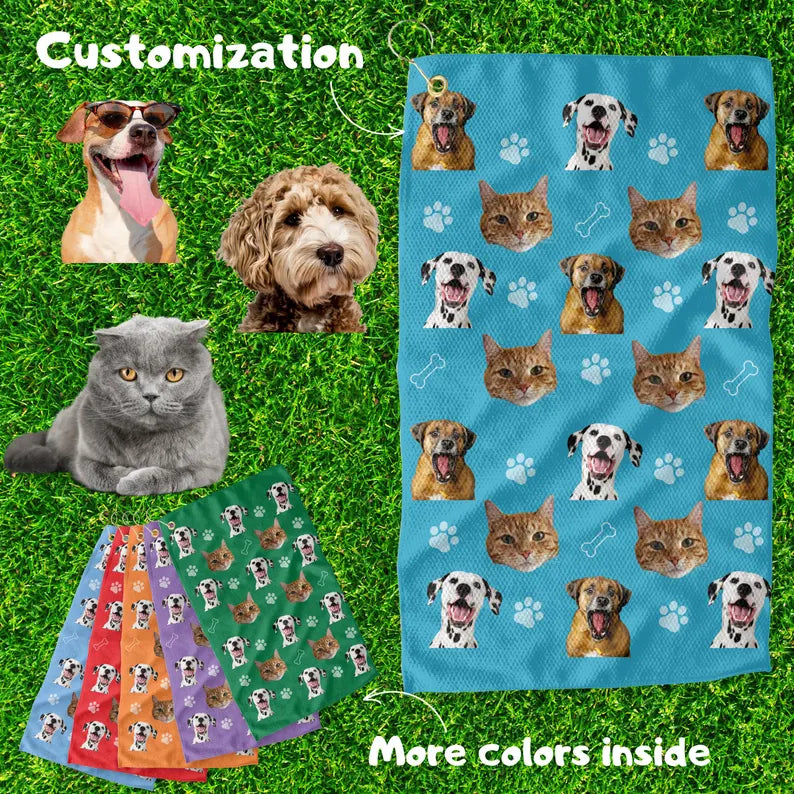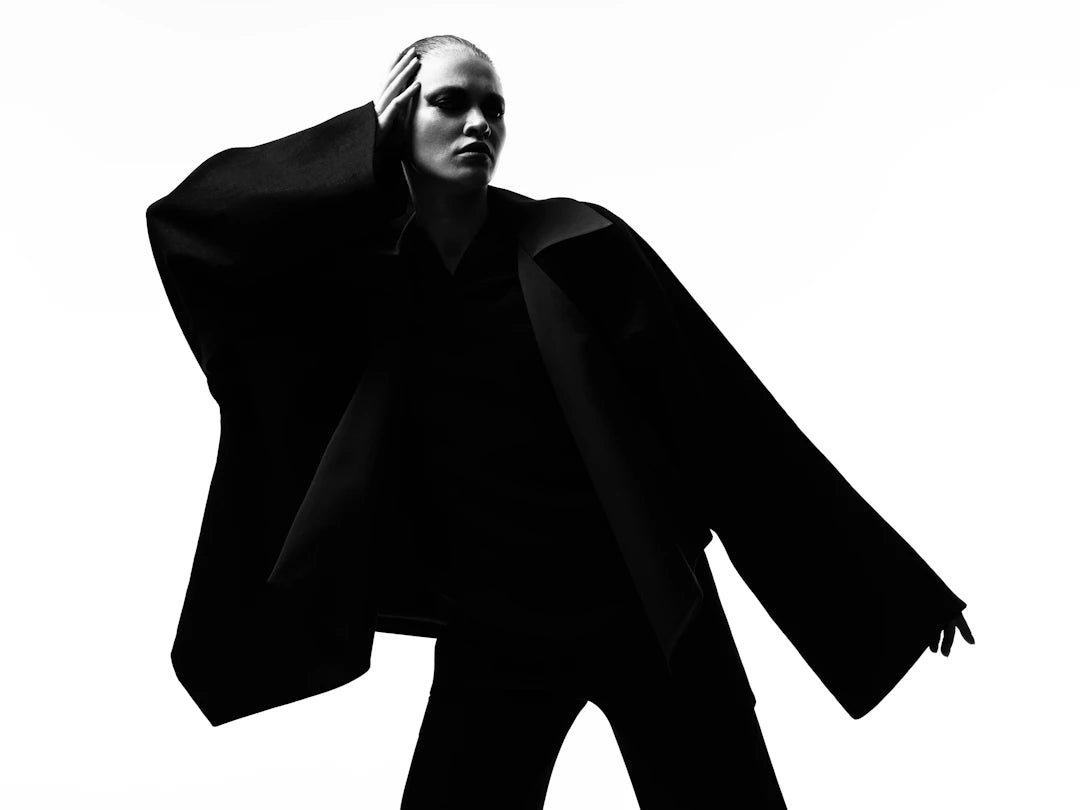
Golf Fashion Through the Ages: A Generational Shift
Frequently Asked Questions
1. What is the significance of golf fashion's evolution?
2. What characterized the early days of golf attire?
3. How did the 1960s influence golf fashion?
4. What trends defined golf fashion in the 1980s?
5. What is the future outlook for golf fashion?
Golf is not just a game; it's a multifaceted lifestyle that has evolved significantly over the years. One intriguing aspect of this evolution is how golf fashion has changed across generations. This article delves into the style variations each generation has brought to the golf course, exploring how cultural influences and societal norms shape golfing attire. So, whether you’re a seasoned player or new to the sport, understanding these fashion trends can help you appreciate the rich tapestry of golf culture.
The Early Days of Golf Attire
The origins of golf can be traced back to the 15th century in Scotland. Initially, the attire was quite simple and functional, reflecting the sport's rugged beginnings. Players typically wore highland garments such as knickerbockers, tweed jackets, and woolen socks. These outfits were primarily designed for comfort and practicality on the windy, open courses of Scotland.
The Classic Era: 1920s to 1950s
Fast forward to the 1920s, and golf began to gain popularity as a leisure activity among the upper class. This era marked a notable shift in golf fashion. Golfers began embracing a more polished look, aligning with the values of the Roaring Twenties. Men's golf attire during this period typically included:
- Tweed jackets
- Striped or checkered knickers
- Collared shirts with vests
Women were not far behind in terms of style. The 1930s introduced women’s fashion to the golf course, allowing for a combination of elegance and sporting functionality. Women wore:
- Feminine blouses
- Skirts that allowed for movement
- Pantaloons as a comfortable alternative
The period after World War II ushered in more relaxed styles, but golf attire still focused on traditional patterns and fabrics like argyles and houndstooth. It was not only about performance—it was also about social standing and prestige.
The 1960s: A Bold Departure
As society shifted in the 1960s, so too did golf fashion. This era was characterized by vibrant colors and bold patterns that echoed the free-spirited culture of the time. Golfers began to take more creative liberties with their attire. Notably, the 1960s introduced:
- Bright polos with psychedelic prints
- Tailored pants in various colors
- Bold accessories like hats and shoes
The influence of pop culture and the counterculture movement allowed golfers to express their individuality on the course. Icons like Arnold Palmer and Jack Nicklaus became the face of modern golf, bringing with them an appreciation for style along with skill.
The 1970s and 1980s: Sporting Chic
Moving into the 70s and 80s, golf fashion began to embrace a more athletic look, coinciding with the overall trend toward fitness and health. Players focused on functionality without sacrificing style. The rise of professional female golfers, like Nancy Lopez, brought further attention to women's golf fashion as well.
Trends of the 70s
The 1970s were all about comfort and flair:
- Flares and wide-leg pants
- Knitted golf sweaters and vests
- Polo shirts with wide collars
Trends of the 80s
Then came the 1980s, where golf fashion adopted a more preppy look. The 'Ivy League' style was prominent, featuring:
- Shorts and knee-length socks
- Bright golf shoes
- Pastel colors and bold, geometric patterns
Brands saw an opportunity here and began to create lines specifically aimed at golfers promoting this ensemble as not just sporting gear but a lifestyle of leisure and aspiration.
The 1990s: A Mix of Styles
The 1990s brought a unique blend of styles to golf apparel. As the generation of the “Xers” came of age, they rejected conformity. Golfers started to infuse street style into their wardrobes with elements that broke the traditional mold. This shift reflected a more casual approach to the game.
- Graphic tees paired with sporty jackets
- Windbreakers that allow for mobility
- Baggy shorts that offered comfort
Even as the style became more relaxed, golfers still paid homage to traditionalism, creating a juxtaposition of old and new.
The 2000s: Celebrity Influence and Tech Fabrics
As we entered the new millennium, golf fashion underwent yet another transformation with the advent of technology. The 2000s saw a surge in breathable, moisture-wicking materials, revolutionizing what golfers wear on the course. Athletes like Tiger Woods not only dominated the game; they also set new standards for golf fashion.
- Performance fabrics that optimized comfort
- Bold branding and sponsorship logos on attire
- Crossover styles that fit well off the course
Additionally, the millennium brought forward a younger generation of golfers who embraced a more casual look. Think: a juxtaposition of golf shoes with the classic sneaker trend.
The 2010s: Embracing Diversity and Inclusivity
The last decade has seen golf become more inclusive. Golf fashion has taken a turn towards embracing diverse body types, styles, and cultural expressions. New brands and emerging designers have focused on comfort, sustainability, and functionality. Couples or groups often coordinate their attire, blending family dynamics with golf, and pushing traditional norms further aside.
- Gender-neutral styles catering to various body types
- Sustainable fabrics made from recycled materials
- Mixing traditional golf attire with urban fashion elements
This trend creates a vibrant mix of styles on the course as younger golfers bring their individual tastes and backgrounds into play.
The Future of Golf Fashion
The future is bright for golf fashion! With advancements in fabrics and a cultural shift towards individuality and sustainability, the evolution of attire on the golf course will likely continue in exciting ways. We are sure to see:
- Increased usage of smart textiles with climate controls
- Fashion collaborations with streetwear brands
- Continued emphasis on sustainability and ethical production practices
The generational influence on golf fashion has been dynamic and ever-changing, reflecting the broader currents in society. Each era has left its mark, shaping how golfers dress and perceive the sport.
Final Thoughts: Swinging Towards Stylish Pastures
Understanding how golf fashion varies across generations illuminates not only the enduring appeal of the sport but also the cultural shifts that influence our lives. As golf continues to evolve, the blending of past traditions with modern innovations will keep fashion on the tee vibrant and engaging. So next time you hit the golf course, remember that you’re not only dressed for performance; you are also participating in a rich history of style. Embrace the moments to reflect your personal flair while honoring the evolution of this timeless game!

